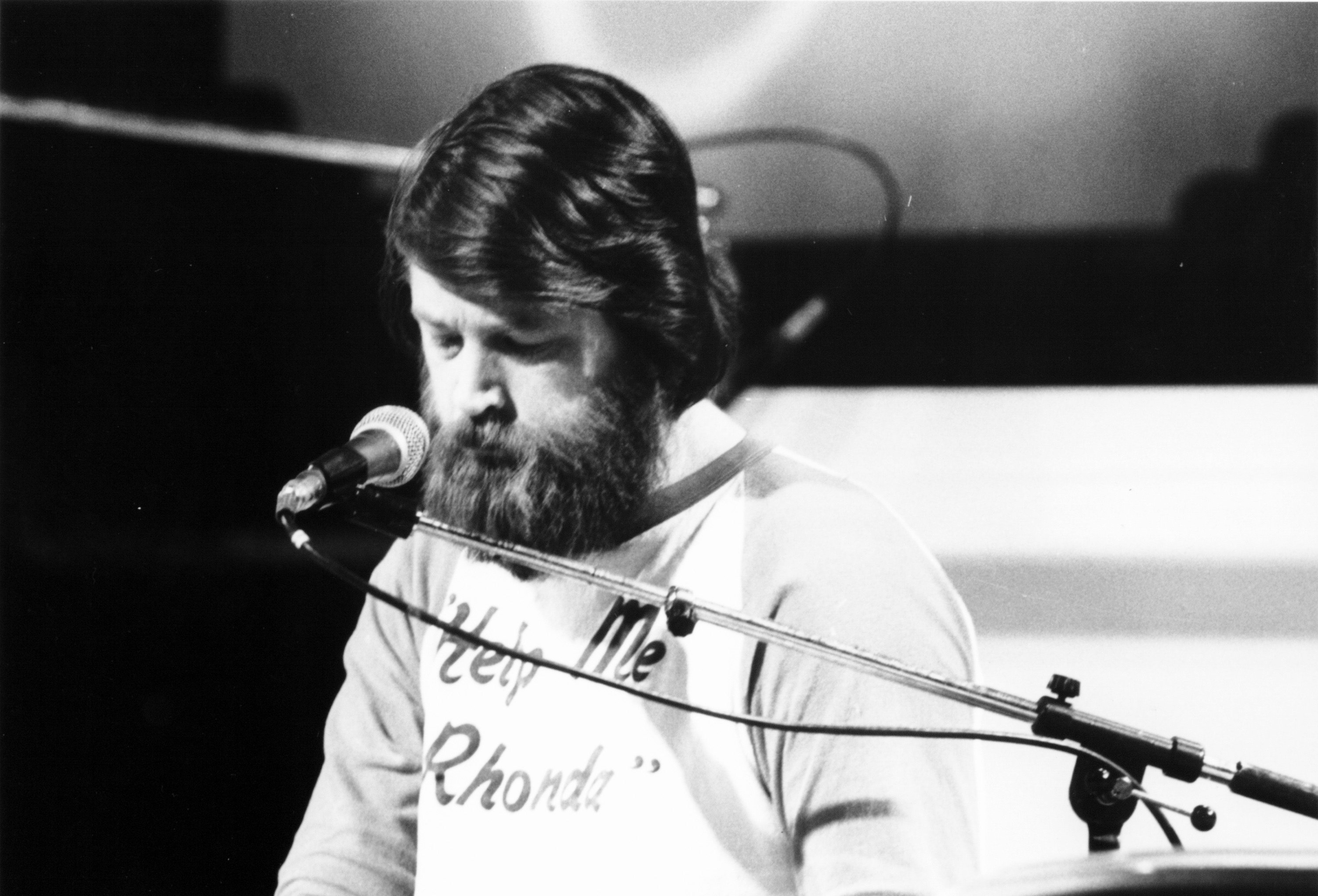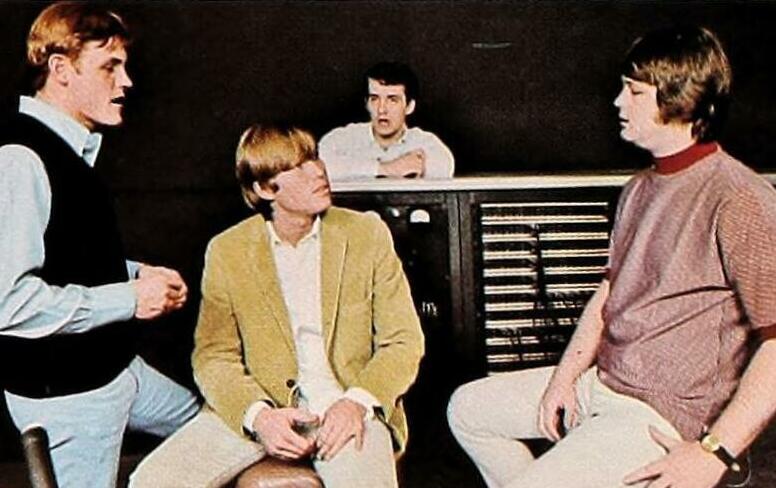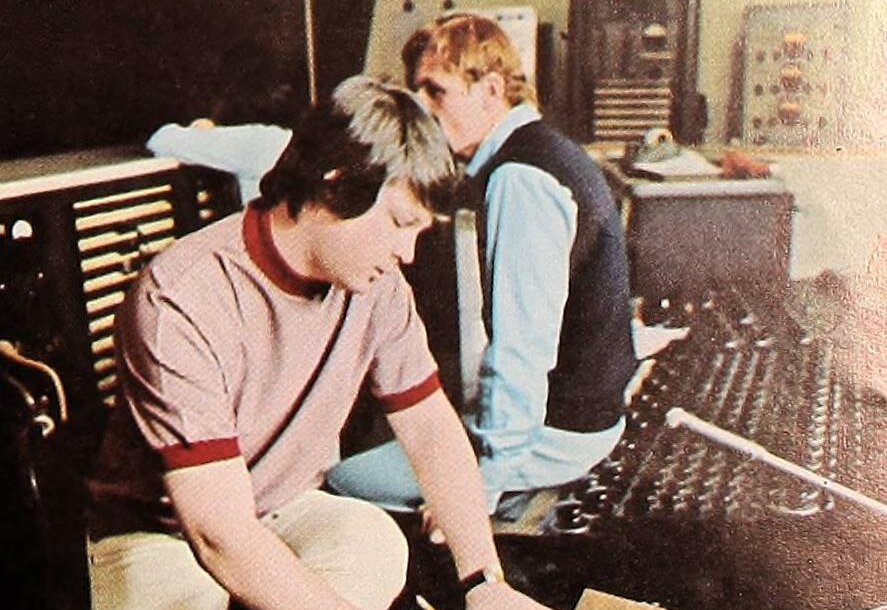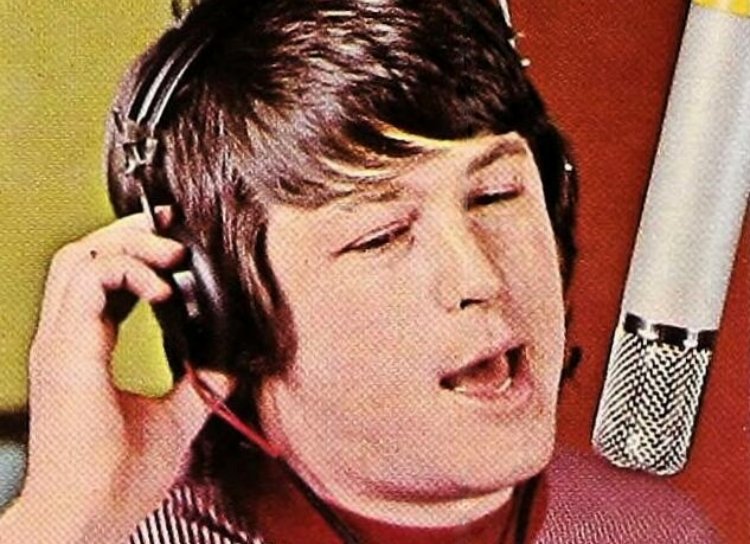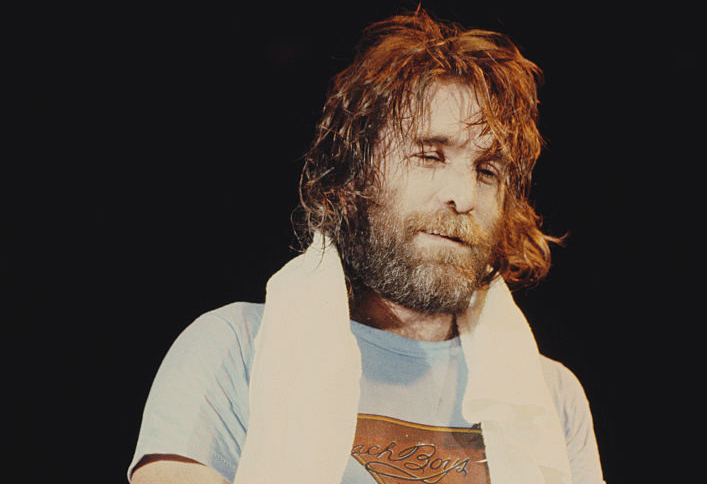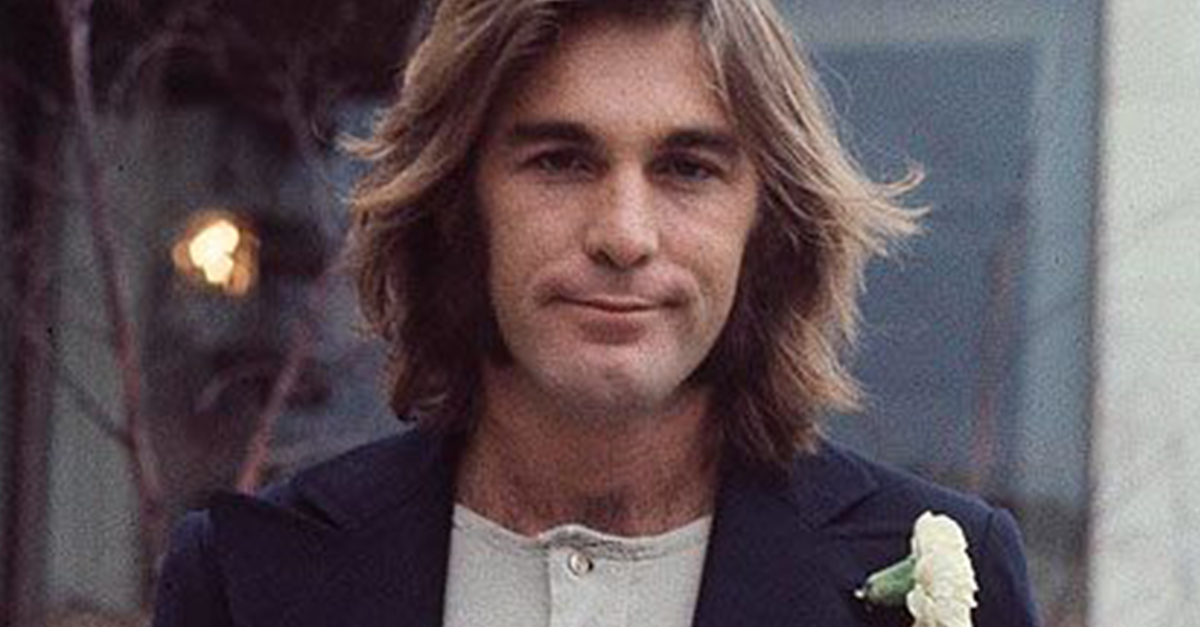He Was A Musical Mastermind
Brian Wilson was the musical mastermind behind the Beach Boys—but, between the bars of his surf songs and pop polyphonies, he's proven to be an equally brilliant and burdened man. Wilson’s life has been an erratic symphony that strains to find the harmony between genius and mental distress.

1. He Was Born With An Ear For Music
Brian Wilson was born in June of 1942—but he was practically composing in the womb. As an infant, Wilson left his family stunned when he recreated the melody of “When the Caissons Go Rolling Along” after only hearing it once. From that moment, Wilson’s father knew that he had a musical prodigy on his hands—his overbearing hands, that is.
2. His Father Was “Cruel”
Wilson’s father, Murry, was himself a part-time musician—but a full-time tyrant. While he encouraged Wilson and his siblings to pursue their musical talents, his methods left much to be desired. Wilson later claimed that his father was “violent” and “cruel," though some of his stories may have been exaggerated.
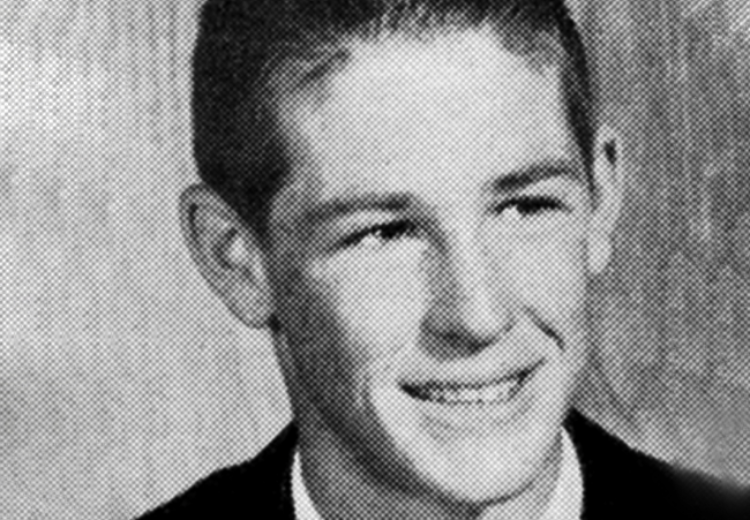 Hawthorne High School, Wikimedia Commons
Hawthorne High School, Wikimedia Commons
3. He Preferred Tunes To Touchdowns
By the time he was 12, Wilson had used his perfect pitch to teach himself piano and already played solos in the choir. Somehow, he also managed to find the time to shine in sports such as football and baseball. However, the only team he was really interested in playing on was his own.
Wilson taught his brothers, Brian, Dennis, and Carl to sing, laying the foundation for their future success as the Beach Boys. Before he hit puberty, he already had their first hit in his head.
 Capitol records, Wikimedia Commons
Capitol records, Wikimedia Commons
4. He Was A “Freak”
Wilson spent almost every waking moment in his early adolescence obsessing over the harmonies of the Four Freshmen. He would rush home after school, carefully listening to their melodies by ear. He was so obsessive about music that his brother Carl called him a “freak”. Clearly, however, it paid off. Even before reaching his teen years, Wilson had written various original compositions.
But not everyone appreciated his rare talent.
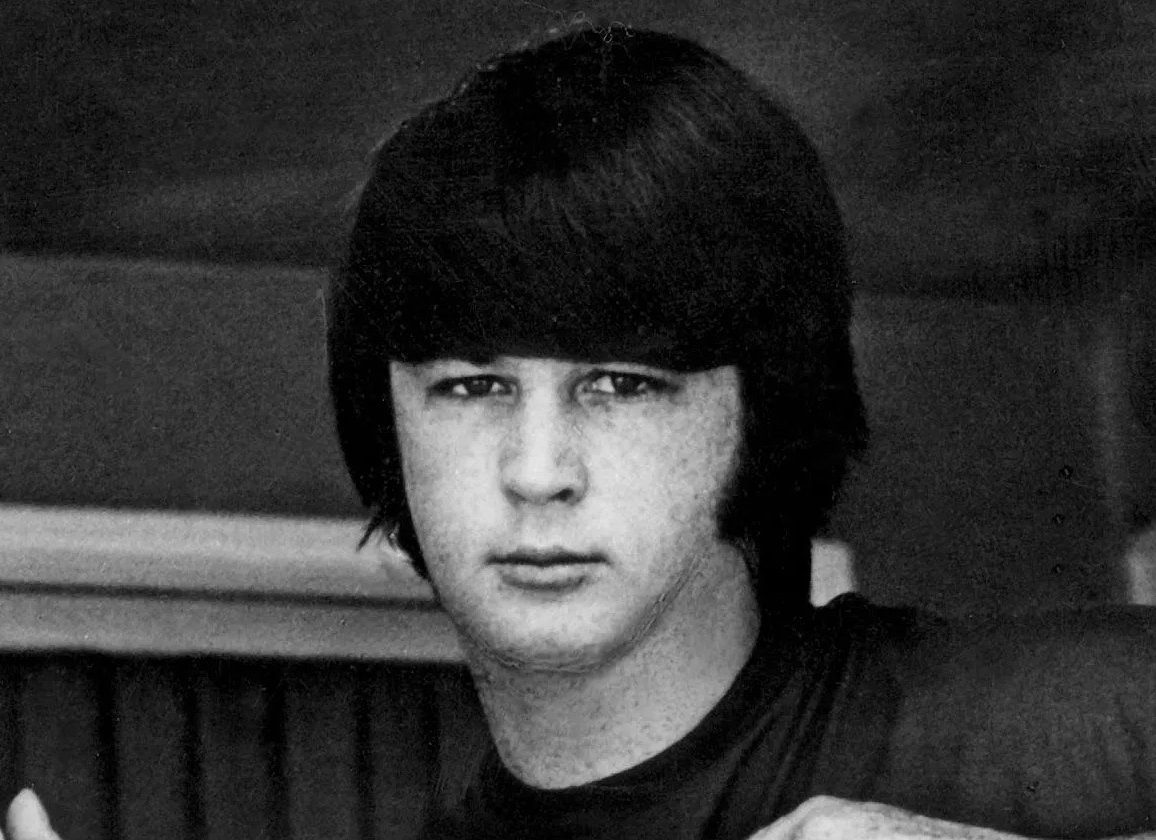 Unknown author, Wikimedia Commons
Unknown author, Wikimedia Commons
5. He Actually Flunked His Music Class
To anyone with ears, Wilson was clearly a once-in-a-generation genius—but sometimes, marching to the beat of his own drum got him into some serious trouble. In school, Wilson regularly defied his music teacher’s instructions and flouted traditional music theory, believing (probably correctly) that he knew better.
Even so, his defiant behavior earned him an “F” grade in his Piano and Harmony course.
 Capitol Records, Wikimedia Commons
Capitol Records, Wikimedia Commons
6. He Was Going To Make A Name For Himself
Despite failing in his music class, Wilson went on to El Camino College in Los Angeles. However, when he learned that his music professor disliked pop music, his collegiate career ended about as abruptly as a coda. Wilson dropped out. After all, he had a specific future in mind for himself.
During his high school years, he'd written in an essay titled “My Philosophy," explaining how he planned to “make a name for myself... in music". His dreams would come true—and sooner than he knew. But it would cost him everything.
 Capitol Records, Wikimedia Commons
Capitol Records, Wikimedia Commons
7. He Created A Band With His Brothers, Cousin, And Friend
In 1961, Wilson decided to team up with his brothers, cousin Mike Love, and classmate Al Jardine to form a band. They jokingly called their little group The Pendletones—an ironic play on the name of a popular clothing brand at the time. Before long, the entire world would know them by a different name.
8. His First Hit Was Just A Joke
As they were still in their teens, Wilson and The Pendletones had little to write about. However, Wilson’s brother, Dennis, suggested they write a song about surfing—one of Dennis’s other passions. It wasn't long before Wilson and Love had composed “Surfin’” and had Wilson’s father, Murry, present the track to a record producer.
Then they rode the wave to stardom.
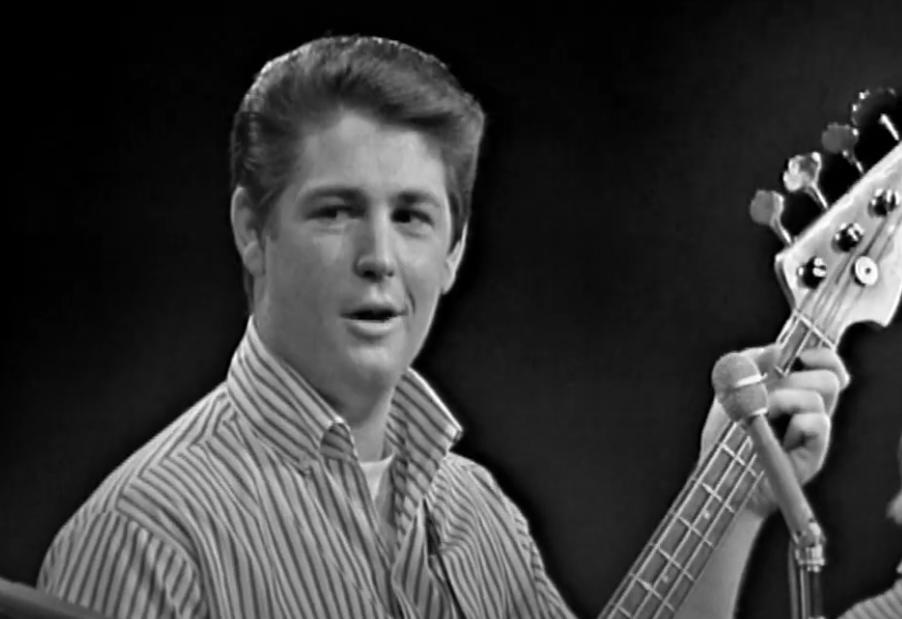 Ley Line Entertainment, Brian Wilson: Long Promised Road (2021)
Ley Line Entertainment, Brian Wilson: Long Promised Road (2021)

History's most fascinating stories and darkest secrets, delivered to your inbox daily.
9. He Took Control—Even When No One Wanted Him To
Given the nature of their single “Surfin,’” the record label insisted that Wilson and his bandmates change their name to the much more apt Beach Boys. The subtle rebrand helped catapult “Surfin’” to the top of the LA airwaves and made Wilson and his bandmates into an overnight sensation.
Less than a year later, they signed a deal with Capitol Records and released their debut album, Surfin’ Safari. But the wave of their success was already breaking.
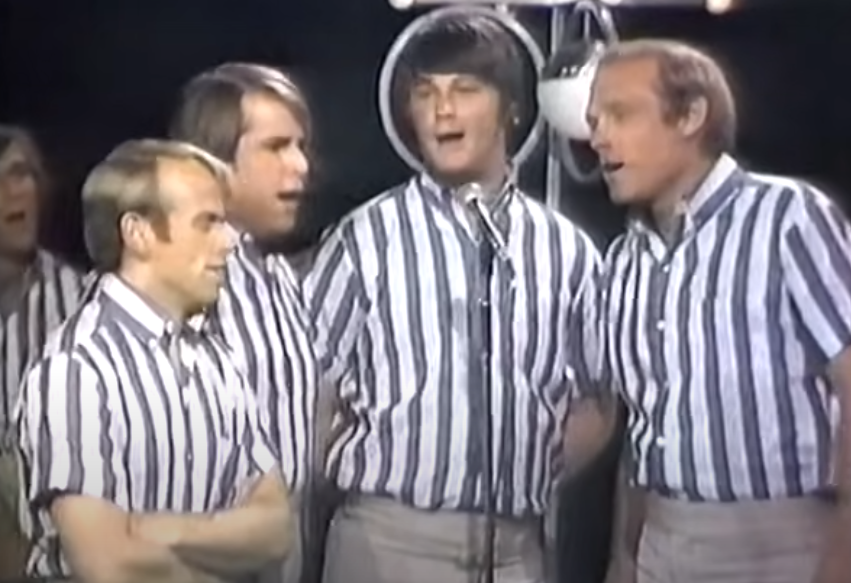 High Ridge Productions, The Beach Boys: An American Band (1985)
High Ridge Productions, The Beach Boys: An American Band (1985)
10. He Was A “Behind-The-Scenes-Man”
Capitol Records recognized that Wilson was the brain behind the Beach Boys and allowed him to produce music for other artists. Working with musicians such as DJ Roger Christian and Bob Norberg, Wilson found his stride. “I’ve always felt I was a behind-the-scenes man,” Wilson explained, “rather than an entertainer”.
Success would test his true loyalties.
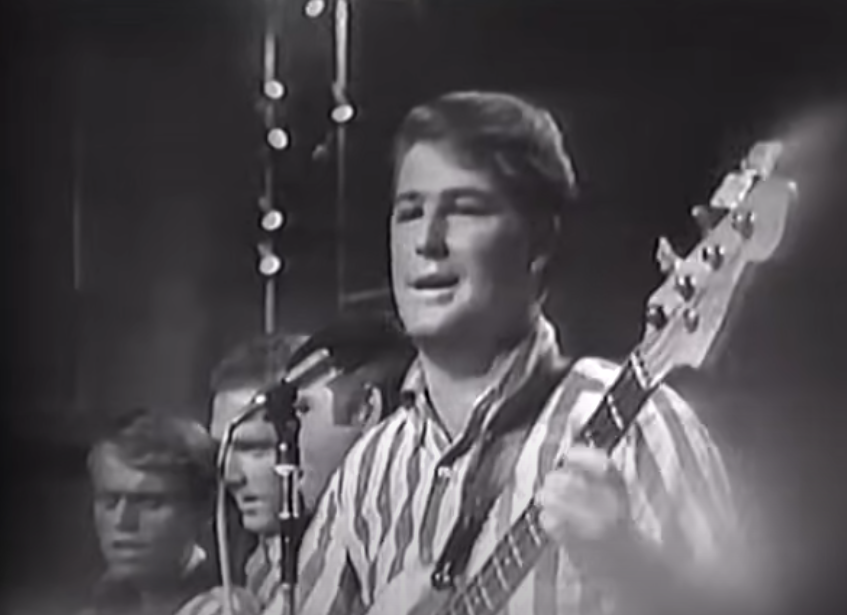 High Ridge Productions, The Beach Boys: An American Band (1985)
High Ridge Productions, The Beach Boys: An American Band (1985)
11. He Made Hits For Other Artists
Wilson continued producing music with the Beach Boys alongside his own side hustles with other artists. However, when he produced the #1 hit single “Surf City” for Jan and Dean after only reaching #3 on the Billboard pop chart with the Beach Boys' single, "Surfin’ USA," trouble began brewing.
Capitol Records, along with Wilson’s father, forced him to cut ties with Jan and Dean and rededicate himself to his original band. He kinda, sorta, not-so-much complied.
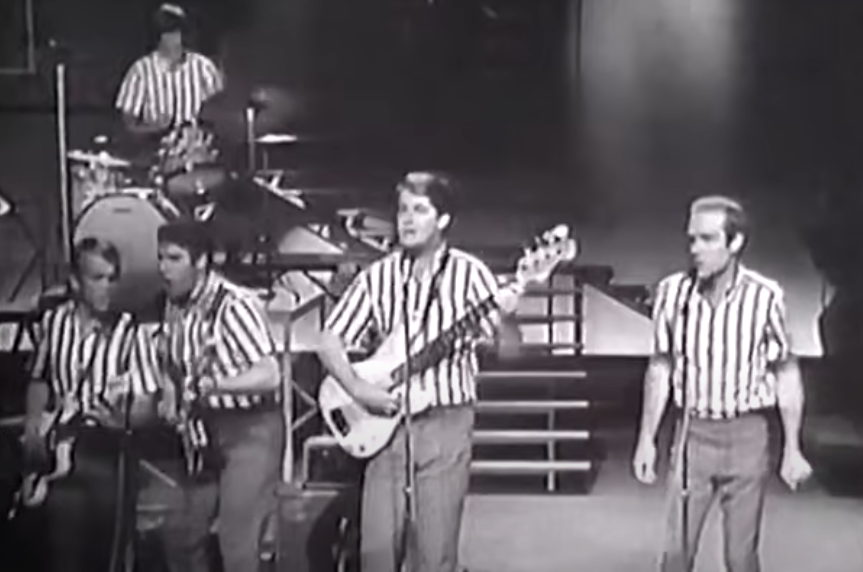 High Ridge Productions, The Beach Boys: An American Band (1985)
High Ridge Productions, The Beach Boys: An American Band (1985)
12. He Tried To Make A Female Version Of The Band
Wilson felt constrained by Capitol Records and his overbearing father—but then he came up with a brilliant idea. He pitched a female band, consisting of three sisters, called the Honeys to Capitol Records, billing them as the female Beach Boys. The band was a commercial flop, but a personal triumph for Wilson.
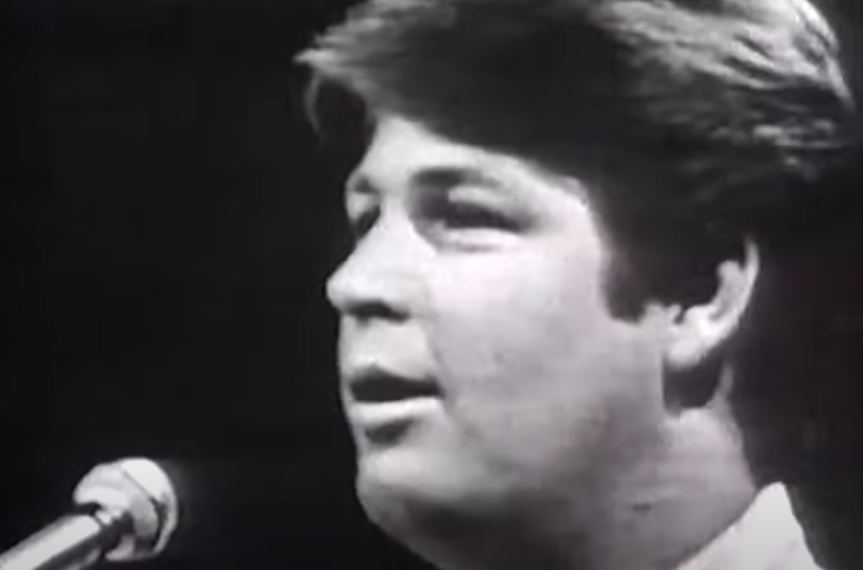 High Ridge Productions, The Beach Boys: An American Band (1985)
High Ridge Productions, The Beach Boys: An American Band (1985)
13. He Became Very Close With “A Honey”
During this period, Wilson became close with the Rovell sisters of the Honeys. In fact, for nearly two years between 1963 and 1964, Wilson actually moved into the Rovell family household. While the songs that he produced for them didn’t heat up the charts, he sparked a romantic interest in Marilyn Rovell.
But he was about to experience a whole new challenge.
 Unknown Author, Wikimedia Commons
Unknown Author, Wikimedia Commons
14. His Archnemesis Was Paul McCartney
1964 turned into Wilson’s nightmare when a little British band called the Beatles debuted in the US with their single “Please Please Me”. The Beach Boys immediately saw the potential for Beatlemania to wipe their little band off the face of the music charts. And for Wilson, it was personal. He believed that Paul McCartney would be his biggest rival.
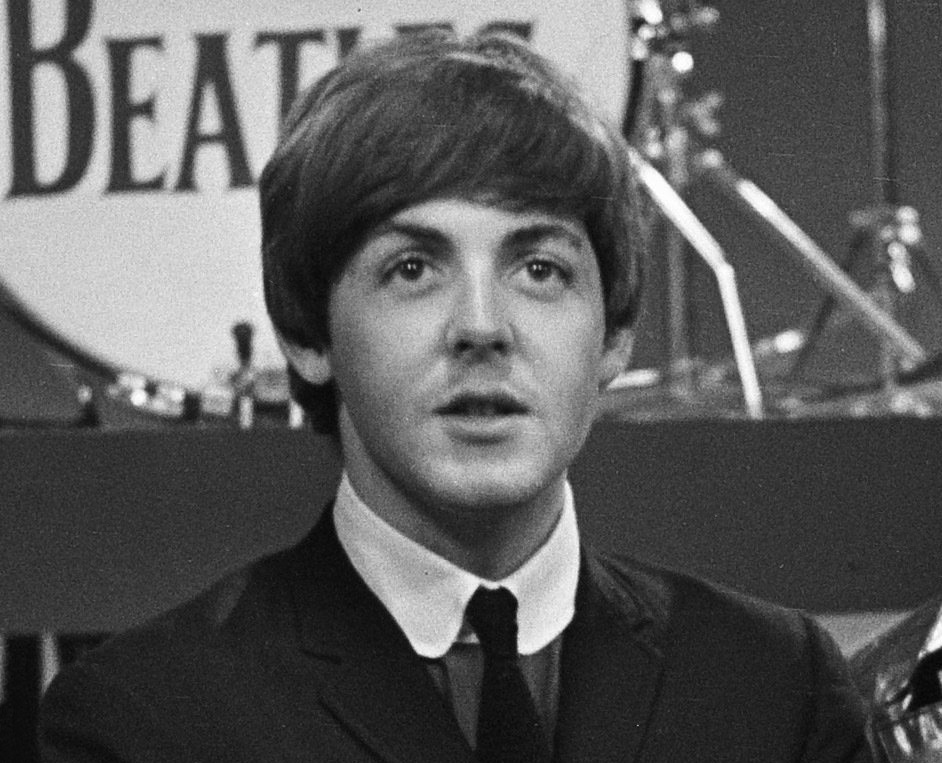 Eric Koch for Anefo , Wikimedia Commons
Eric Koch for Anefo , Wikimedia Commons
15. He Beat The Beatles
Wilson responded to the Beatles’ arrival with his greatest song up to that point, “I Get Around”. The single topped the charts and ensured that the Beach Boys were still relevant in the British Invasion. However, as the pressure to produce, perform, and perfect Beach Boys’ hits mounted on Wilsons’ young shoulders, the melodies in his musical mind turned into cacophonous clangor.
What he did next was a confusing crescendo.
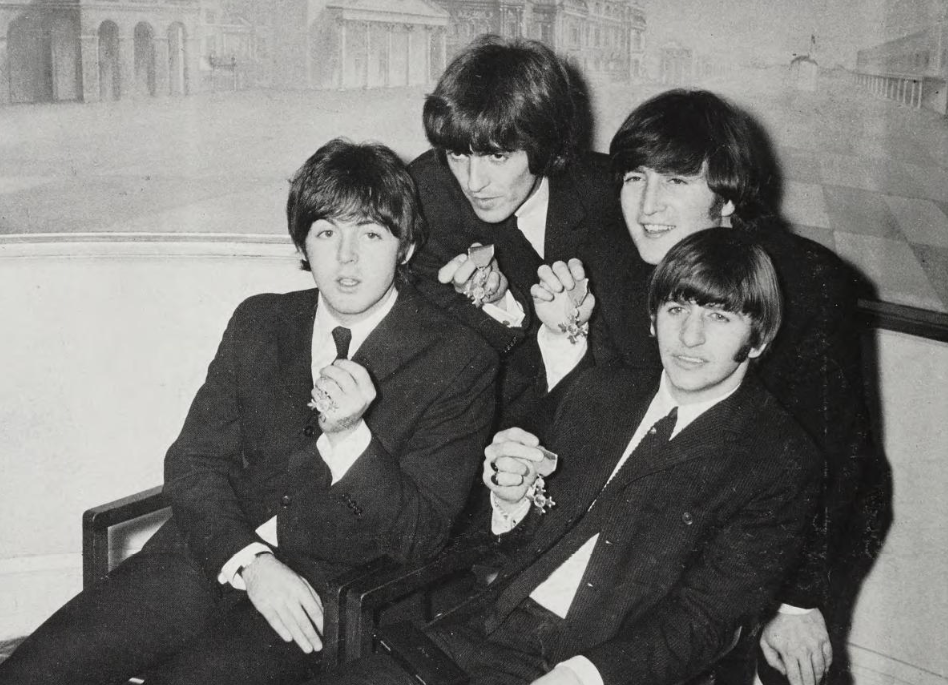 Unknown Author, Wikimedia Commons
Unknown Author, Wikimedia Commons
16. He Got Married On A Whim
The first signs of Wilson’s fragile state of mind began to appear in late 1964. But no one knew exactly how bad it was until December 7, when Wilson made the impulsive and unexpected decision to marry Marilyn Rovell. Initially, some hoped that Wilson’s marriage would help to stabilize his volatile emotional and psychological state.
They were sorely mistaken.
 Michael Ochs Archives, Getty Images
Michael Ochs Archives, Getty Images
17. He Had A Nervous Breakdown
On December 23—not long after their plane to Houston took flight—the sharp tension that had been building in Wilson finally snapped, and so did he. Without warning, Wilson “started crying and making shrieking noises. He screamed into a pillow, spun out of his seat and sobbed on the cabin floor," leaving his bandmates utterly speechless and “scared” for their musical mastermind.
It only worsened from there.
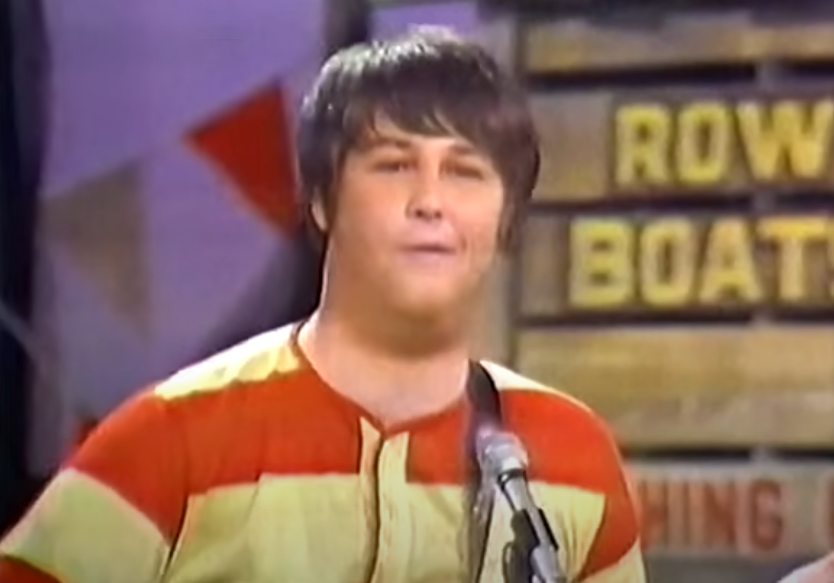 High Ridge Productions, The Beach Boys: An American Band (1985)
High Ridge Productions, The Beach Boys: An American Band (1985)
18. He Simply “Wasn’t There”
When the plane landed in Houston, Wilson slipped away to his hotel room. However, at some point, he made his way to the band’s dressing room where another performer made a shocking discovery. “He [Wilson] was just kind of staring off into space,” Ron Foster from The Detours recalled, “He wasn’t rude. He didn’t tell us to get out or anything like that. He was just kind of like staring off into the corner like he wasn’t there”.
The Beach Boys agreed to send Wilson back home to rest and recover—but he would never, truly, come back.
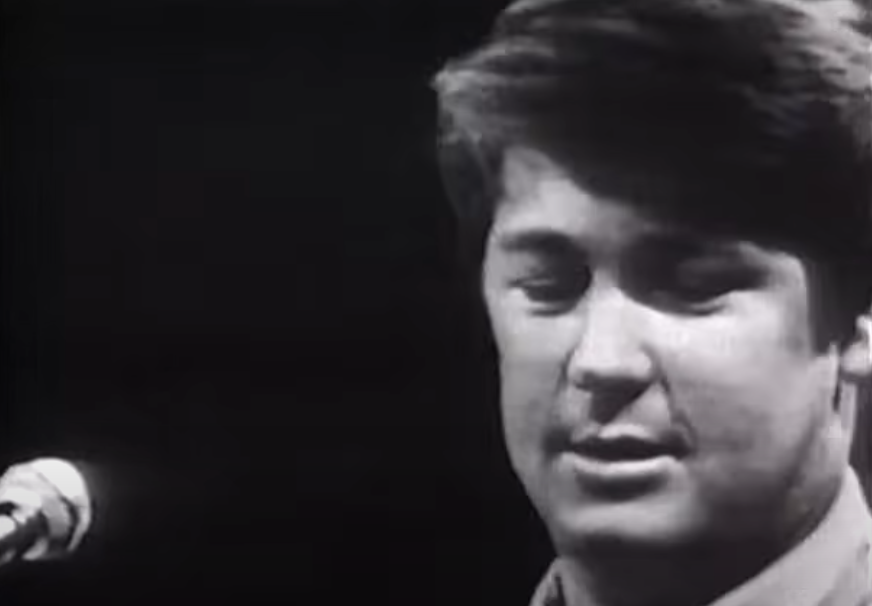 High Ridge Productions, The Beach Boys: An American Band (1985)
High Ridge Productions, The Beach Boys: An American Band (1985)
19. He Took A Step Back
When he returned home, Wilson took a step back from the Beach Boys. But, what was meant to be a brief hiatus from the band and his domineering father turned into a never-ending playlist of psychological torment. Despite his fragile mental state, Wilson became a highly-sought after music producer and befriended the agent Loren Schwartz.
Then things really went off the rails.
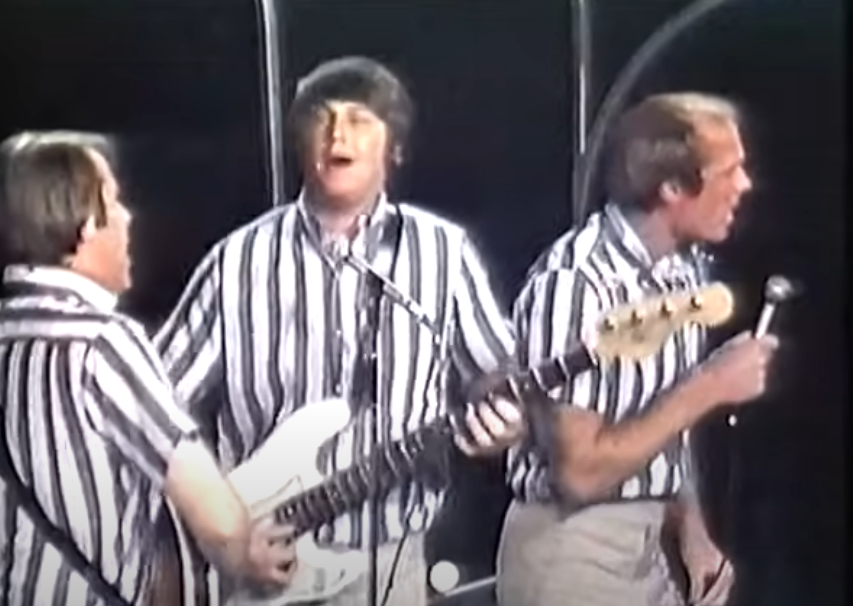 High Ridge Productions, The Beach Boys: An American Band (1985)
High Ridge Productions, The Beach Boys: An American Band (1985)
20. He Ventured Into Mysticism
Schwartz introduced Wilson to a lot more than just eager musicians seeking his input. Finally freed from his father, Wilson was able to try new things—and Schwartz was only too happy to oblige. Through Schwartz, Wilson learned about literature and philosophy, religion and mysticism, and, most worrying of all, powerful psychedelics.
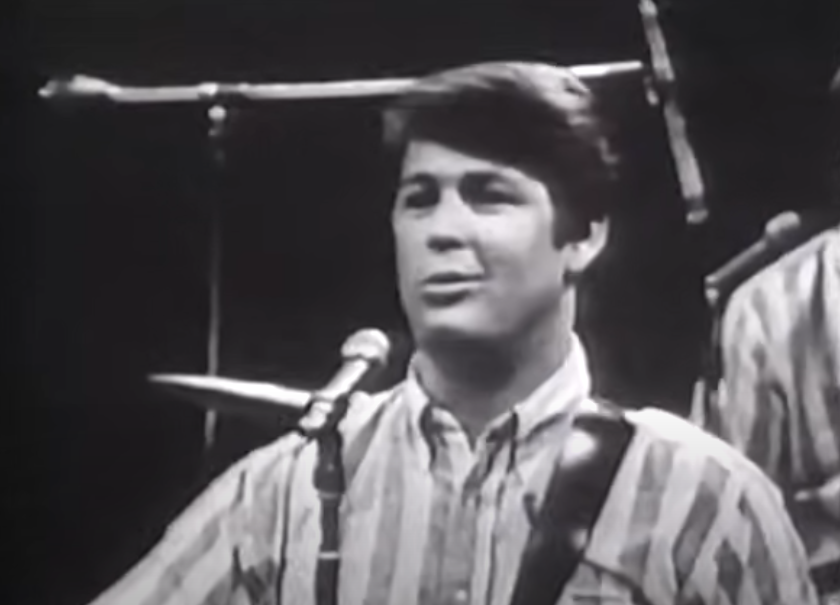 High Ridge Productions, The Beach Boys: An American Band (1985)
High Ridge Productions, The Beach Boys: An American Band (1985)
21. He Lost His Head
Far from curing his nervous breakdown, Wilson’s first acid trip dialed up the volume of the noise in his head. “I took [acid],” Wilson later explained, “and it just tore my head off”. However, it also unleashed the more untamed side of his creative genius. During this first trip, Wilson conceived of the riff for “California Girls," and described the introduction of the song as “the greatest piece of music that I’ve ever written”.
His personal life, however, was turning into a discordant disaster.
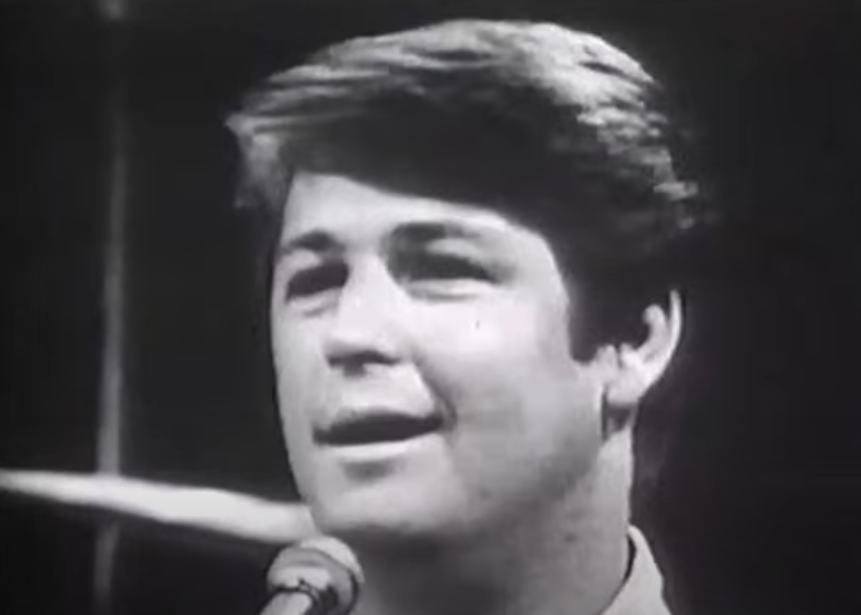 High Ridge Productions, The Beach Boys: An American Band (1985)
High Ridge Productions, The Beach Boys: An American Band (1985)
22. He Was A “Psychodelicate”
Wilson began using more acid and marijuana, eventually causing Rovell to leave him for a short time, before finally reuniting and moving into a Beverly Hills mansion. But Wilson couldn’t shake his new addiction. Fueled by his intensifying use of acid, Wilson wrote increasingly spiritual and experimental music, leading to a new genre of pop, “innervision”.
During this time, he developed the album Pet Sounds, but his behavior became increasingly troubling.
 Robbie Lee Coyle, Wikimedia Commons
Robbie Lee Coyle, Wikimedia Commons
23. He Refused To Speak
Pet Sounds, Wilson’s most personal expression yet, was a success with Beach Boys fans. However, it was only moderately successful with wider audiences. The lukewarm response to his personal favorites such as “Caroline, No” left him “mortified”. Grappling with his mental struggles, Wilson even refused to speak with a studio executive about the album, instead responding to the man with tape-recorded messages of “yes," “no," and “thank you”.
24. He Began Binge Drinking
For the next few years, Wilson continued producing increasingly introspective sounds and isolated himself from the outside world. But he felt the pressure all the same, stating that the expectations for him to produce “great orchestral stuff all the time” weighed heavily on him. Then, when “Heroes and Villains” failed to top the charts, he became an even more heartbreaking version of himself.
25. He Sold It Off
Wilson became increasingly reclusive, only emerging from his bedroom, often in a bathrobe, to weigh in on new songs for the Beach Boys. As his mental state declined, Wilson’s father, Murry, forced him to sell the Beach Boys’ publishing company. According to Rovell, the sale left Wilson utterly devastated.
“I don’t think he talked for days,” Rovell recalled. Shortly after that, Wilson's behavior deteriorated drastically, as he attempted to drive off a cliff and began digging his own grave in his backyard. That wasn’t even the worst of it.
26. He Painted His Face Green
As Wilson’s erratic behavior seeped out into his public life, the list of troubling incidents only grew longer—and the consequences more dire. He attended a meeting with music executives, having painted his face bright green. When asked why he did it, he responded that he was “just seeing what would happen”.
He later showed up to other musicians' performances, jumped on stage, and performed songs…in a bathrobe.
 Capitol Records, Wikimedia Commons
Capitol Records, Wikimedia Commons
27. He Recorded The "Bedroom Tapes"
Wilson continued recording a series of unreleased songs during this period that would become known as the “Bedroom Tapes," described as “schizophrenia on tape”. But things really went off the rails when, in 1973, Wilson’s father passed on.
Without a strong manager, he became rudderless, going in and out of psychiatric facilities, recklessly spending his money, and venturing out into public in his pajamas to beg for rides and substances.
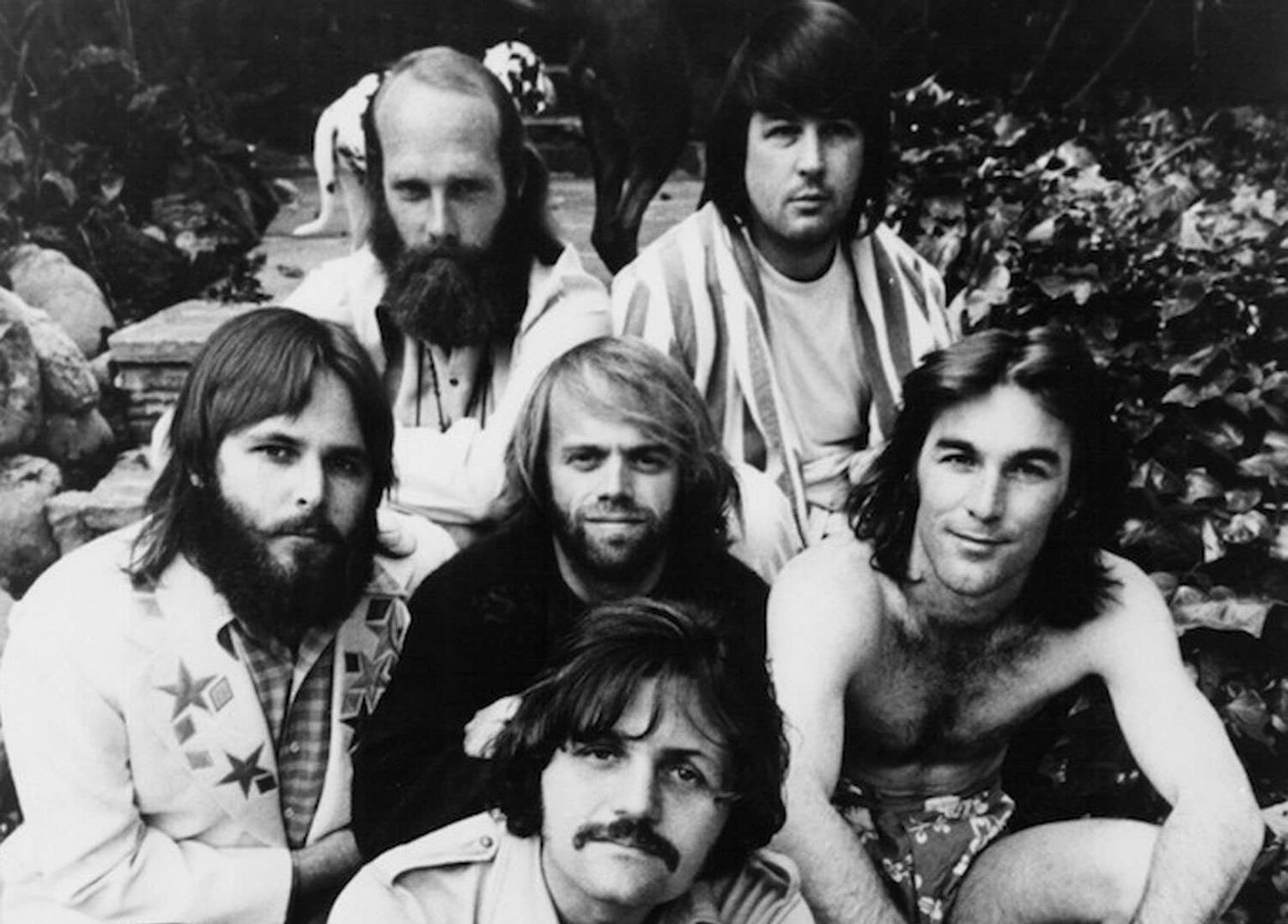 Unknown author, Wikimedia Commons
Unknown author, Wikimedia Commons
28. He Entered A Radical Therapy Program
Wilson’s poor diet and addiction to various substances saw him gain up to 240 pounds. Coupled with his bizarre and self-destructive behavior, Wilson’s wife knew that something had to be done. She worked with Wilson’s band manager to harness some help. The former NBA player, Stan Love, seemed like he could be Wilson’s saving grace. Love became not only the musician's personal caretaker and bodyguard, but also his trainer.
However, when Love returned to the NBA, Rovell turned to the celebrity psychiatrist Eugene Landy and his controversial 24-hour therapy program.
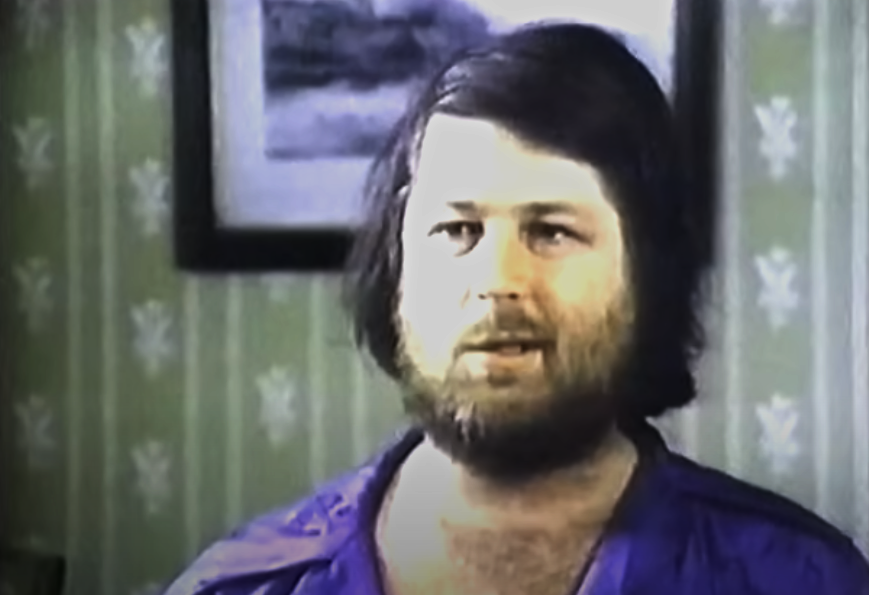 High Ridge Productions, The Beach Boys: An American Band (1985)
High Ridge Productions, The Beach Boys: An American Band (1985)
29. He Went Back To The Beach Boys
Under Landy’s careful and comprehensive supervision, Wilson’s condition improved. Not only did he lose his excess weight, but his behavior stabilized. With an apparent return to sanity, Wilson rejoined the Beach Boys for the band’s 20th album, 15 Big Ones. He received the sole credit for producing the album and the band eagerly promoted their tour with the tagline “Brian’s Back!”
They should have been careful what they asked for.
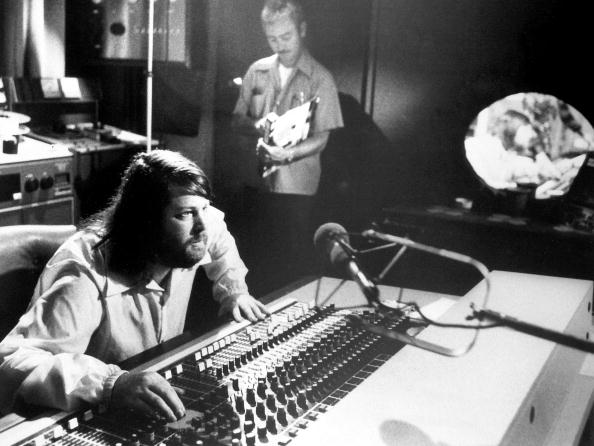 Brother Records, Wikimedia Commons
Brother Records, Wikimedia Commons
30. He Was A Prisoner
When Wilson joined his Beach Boys bandmates on tour, it became apparent that he hadn’t fully recovered from his nervous breakdown. As tensions between the bandmates and Wilson ratcheted up, he confessed in an interview that he “felt like a prisoner”.
Moreover, Beach Boys and music critics couldn’t help but notice that the musician just wasn't the same on stage. Clearly, Landy’s treatment wasn’t working.
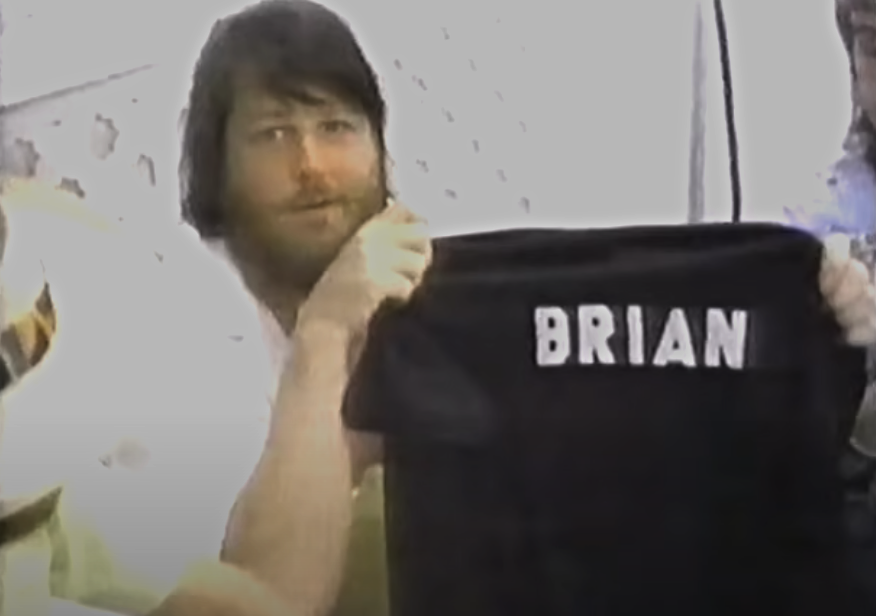 High Ridge Productions, The Beach Boys: An American Band (1985)
High Ridge Productions, The Beach Boys: An American Band (1985)
31. He Couldn’t Afford Landy’s Help Anymore
Despite Wilson’s recovery having stalled, Landy raised his monthly fee for Wilson’s 24-hour program to more than $20,000…per month. Shocked at the staggering cost, Wilson’s family decided to fire Landy, instead handing over his care and supervision to his cousins. Wilson later stated that he believed Landy’s treatment had helped him.
It’s not like he improved without it.
 High Ridge Productions, The Beach Boys: An American Band (1985)
High Ridge Productions, The Beach Boys: An American Band (1985)
32. He Cried At The Idea Of Returning To Work
For a while after Landy, Wilson managed to maintain a healthy lifestyle. However, it wasn’t long before the stresses of returning to the Beach Boys eroded his last shred of sanity. When the Beach Boys signed a deal with CBS Records in 1977 that compelled Wilson to compose most of the new material, he broke out into tears, knowing that the deal would require him to return to the recording studio full-time.
However, his worst breakdown yet was still to come.
 Caribou records, Wikimedia Commons
Caribou records, Wikimedia Commons
33. He Couldn’t Remember Recording An Album
After scrapping the album Adult/Child, Wilson recorded MIU Album with the Beach Boys. But he couldn’t remember most of it. He later called that period of his life a “mental blank-out”. And it’s not hard to see why. After a failed Australian tour, despite his round-the-clock care, Wilson still managed to get his hands on blow and barbiturates. It all culminated in one spectacular meltdown.
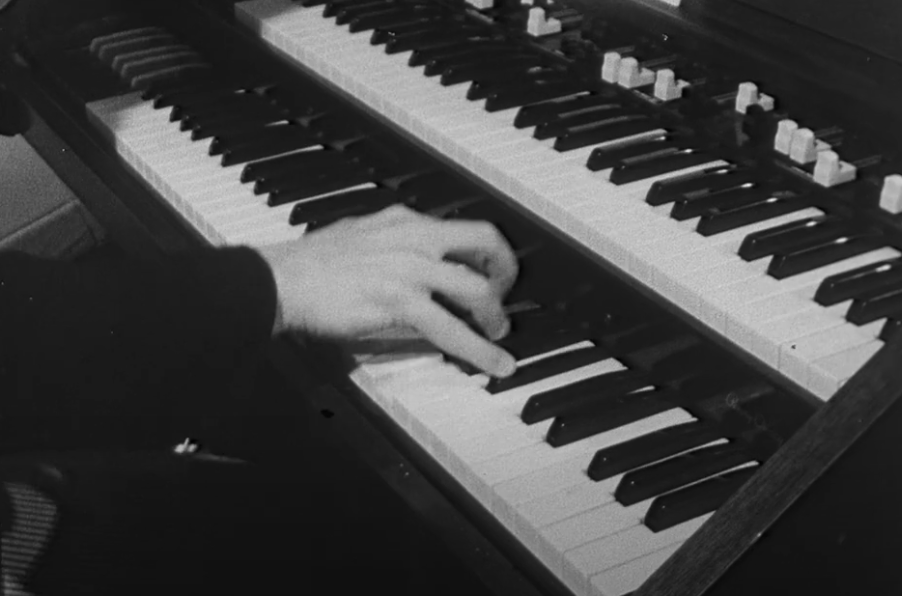 Ley Line Entertainment, Brian Wilson: Long Promised Road (2021)
Ley Line Entertainment, Brian Wilson: Long Promised Road (2021)
34. He Disappeared
Following the dismal Australian tour, Wilson overdosed on a dangerous cocktail of substances and went missing for a short period. It turns out that he went on an improvised trip—hitchhiking through Hollywood and eventually ending up at a gay bar where he tickled the keys in exchange for drinks.
Then things really got out of hand.
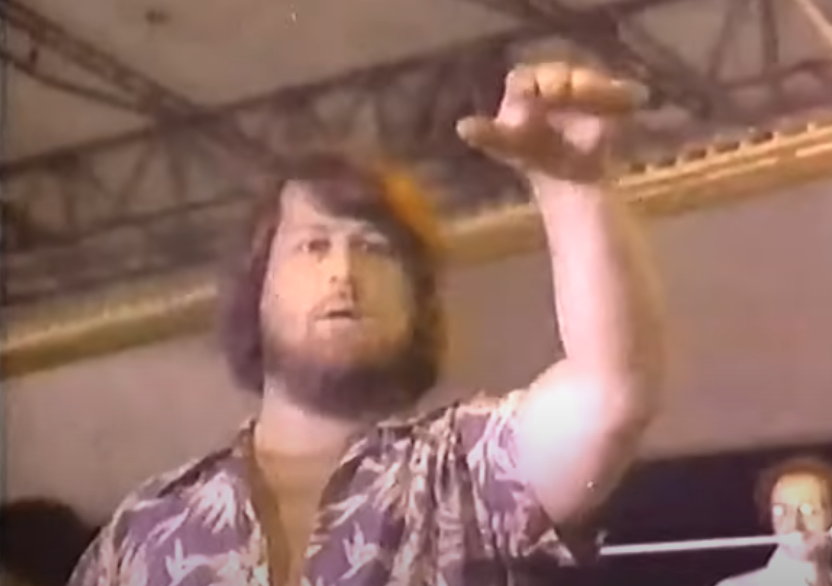 Ley Line Entertainment, Brian Wilson: Long Promised Road (2021)
Ley Line Entertainment, Brian Wilson: Long Promised Road (2021)
35. He Went On An Extended Bender
Wilson convinced one of the bar’s customers to drive him to Mexico before hitchhiking his way back across the border to San Diego. Eventually, authorities located the musical mastermind sprawled out under a tree in a park. He had no shoes, no money, and no identification. Somehow, this still wasn’t rock bottom.
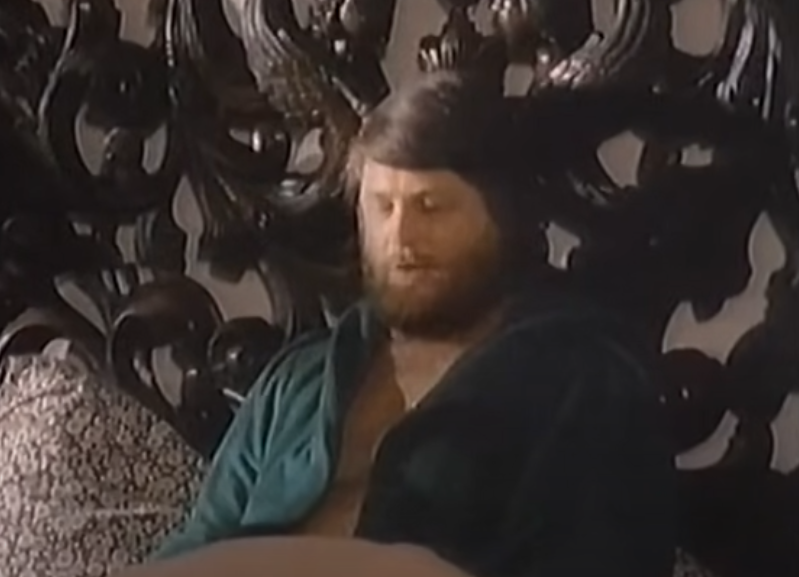 High Ridge Productions, The Beach Boys: An American Band (1985)
High Ridge Productions, The Beach Boys: An American Band (1985)
36. His Marriage Ended After He Attacked A Doctor
Not surprisingly, Rovell had had enough of Wilson’s erratic and self-destructive behavior. His musical genius was no longer enough to keep her hoping. His marriage ended in divorce in 1979, but not before he turned down an even darker road. When Wilson attacked a doctor during a routine visit, he was admitted to the psychiatry ward at Brotzman Memorial Hospital.
His family was of no help.
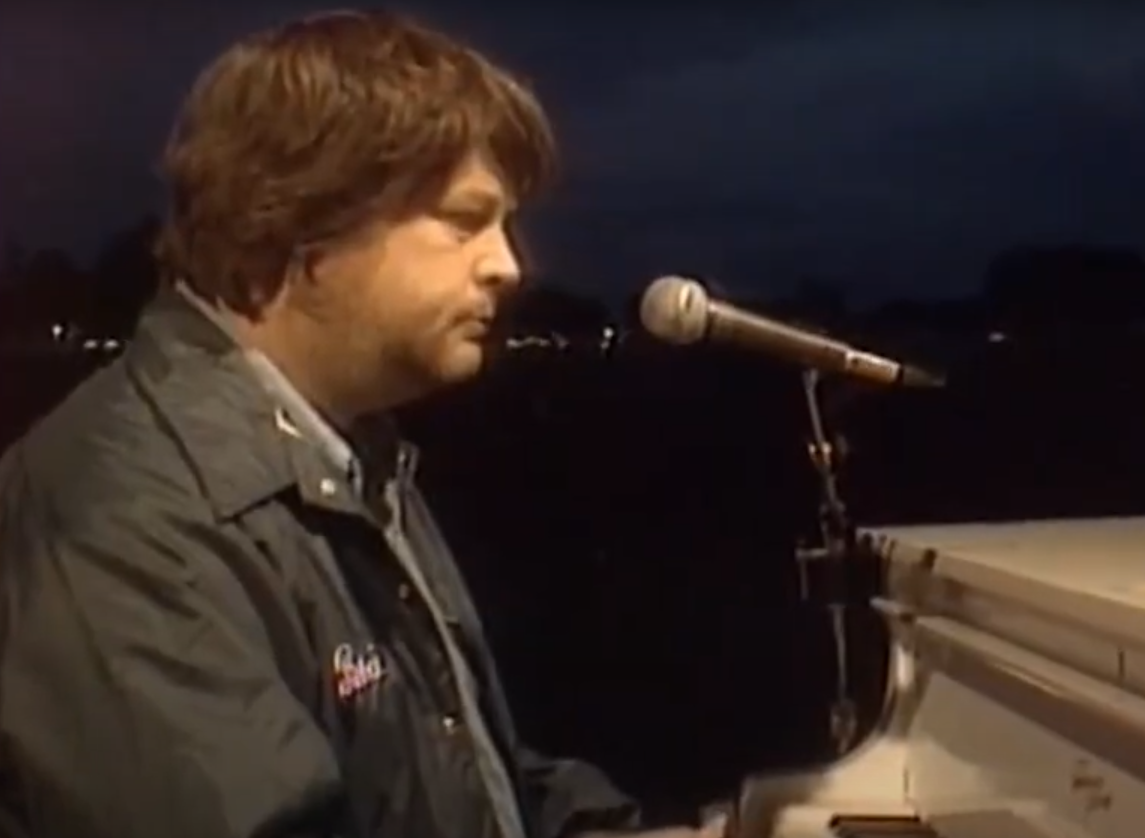 Ley Line Entertainment, Brian Wilson: Long Promised Road (2021)
Ley Line Entertainment, Brian Wilson: Long Promised Road (2021)
37. His Brother Manipulated Him—With Hamburgers
Instead of getting Wilson the help he needed, his brother and Beach Boys bandmate, Dennis, fueled his habits. Dennis manipulated Wilson into secret recording sessions by plying him with substances and hamburgers. However, when the rest of the family learned about these “hamburger sessions," they distanced the brothers from each other.
The damage was already done.
38. He Ate Five Steaks A Day
By the time the rest of his family intervened, Wilson’s food and substance addictions had already taken their toll on his health. He was eating as many as five steaks per day, and washing it all down with sweets and desserts. As a result, he'd reached 340 pounds. It wasn’t until after a near-fatal overdose in 1982 that they forced Wilson to sign over control of his finances and business dealings.
Then they turned to the only man they believed could save Wilson from himself: Landy.
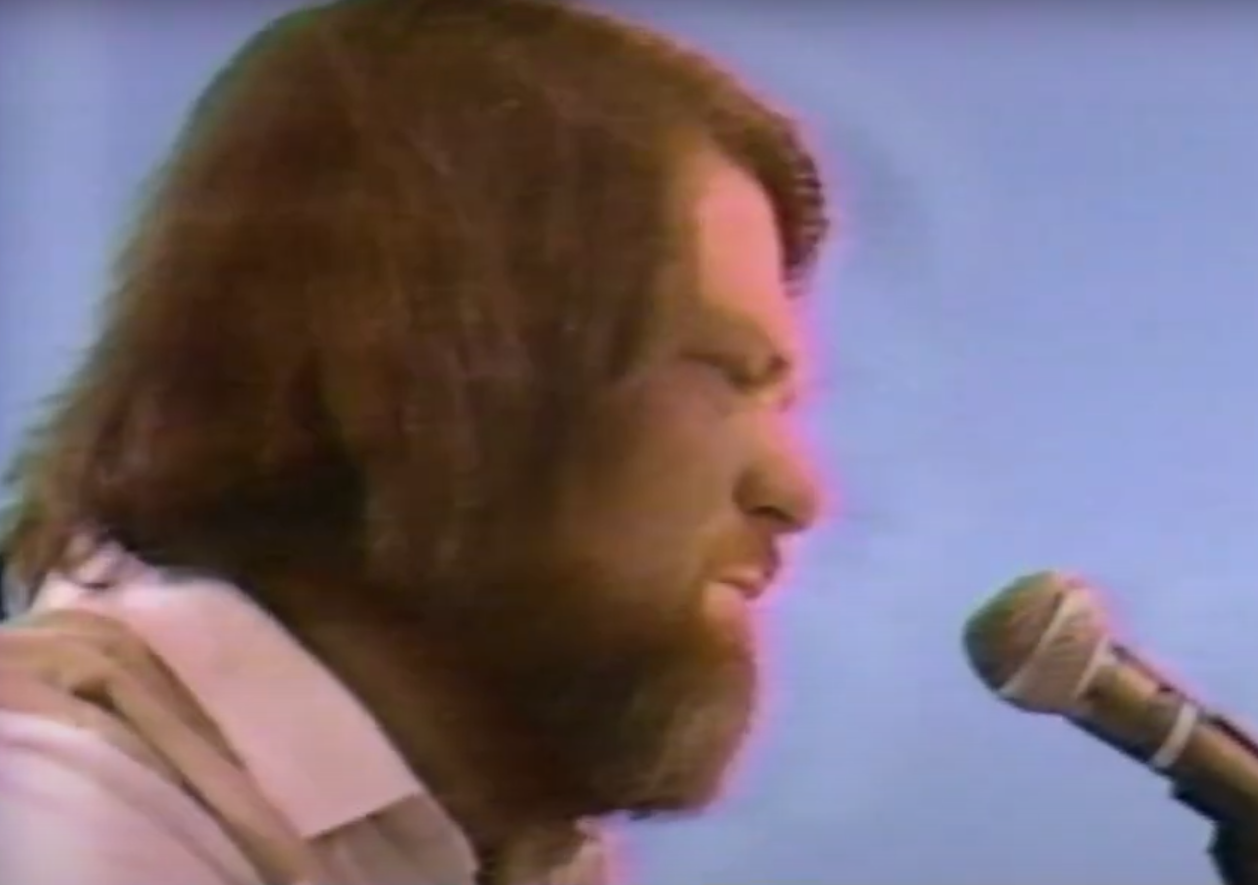 Ley Line Entertainment, Brian Wilson: Long Promised Road (2021)
Ley Line Entertainment, Brian Wilson: Long Promised Road (2021)
39. His Family Tricked Him Into Seeking Help
Wilson’s family knew that he would never simply go back into Landy’s program. So, they concocted a scheme to lie to Wilson, telling him that he was flat broke. Moreover, they said that he wasn't a part of the Beach Boys anymore, but that he could still earn an income. All he would have to do is go back to Landy.
Landy himself agreed—but he had one chilling condition. He wanted full control over Wilson, with the promise that nobody else would get in the way. It seemed to work... at first.
 High Ridge Productions, The Beach Boys: An American Band (1985)
High Ridge Productions, The Beach Boys: An American Band (1985)
40. He Was A Prisoner In Paradise
Landy whisked Wilson away to Hawaii and began his treatment program—which kinda sounds like boot camp for music prodigies. Landy subjected Wilson to an intense health and counseling regimen, even re-educating Wilson on social etiquette. But the crazy program worked. By March 1983, Wilson was back in Los Angeles. Though, that’s not to say that he was free.
Landy kept Wilson isolated in a Malibu home, even turning away Wilson’s children and ex-wife. His only contact was with Landy’s aides who dictated his every waking moment.
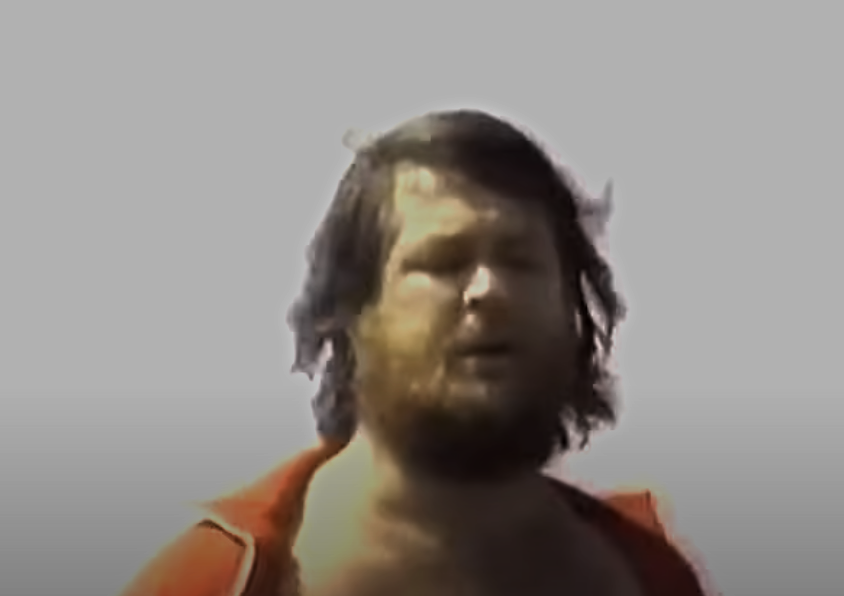 High Ridge Productions, The Beach Boys: An American Band (1985)
High Ridge Productions, The Beach Boys: An American Band (1985)
41. His Therapy Came At A Shocking Price
Once again, Landy’s treatment worked—and at around $430,000 a year, it should have. In fact, Landy wanted even more money. Consequently, Wilson’s brother had to sign over 25% of his publishing royalties just to afford it. Slowly, Landy took over more of Wilson’s life, positioning himself as the troubled genius’s business and creative partner, even replacing Wilson at Beach Boys meetings.
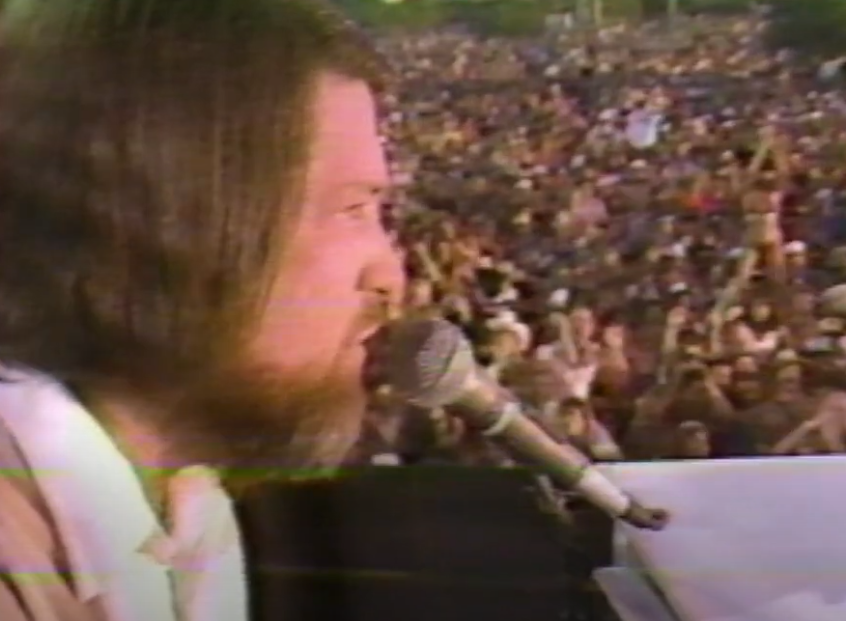 Ley Line Entertainment, Brian Wilson: Long Promised Road (2021)
Ley Line Entertainment, Brian Wilson: Long Promised Road (2021)
42. His “Savior” Became His Puppet Master
No one could argue that Landy’s methods had yielded results, but, with his increasing involvement in Wilson’s creative and professional affairs, some began to doubt his motives. Critics accused Landy of playing puppet master with Wilson—controlling his thoughts, actions, and even his music. What began as rehabilitation was starting to look like a sinister experiment.
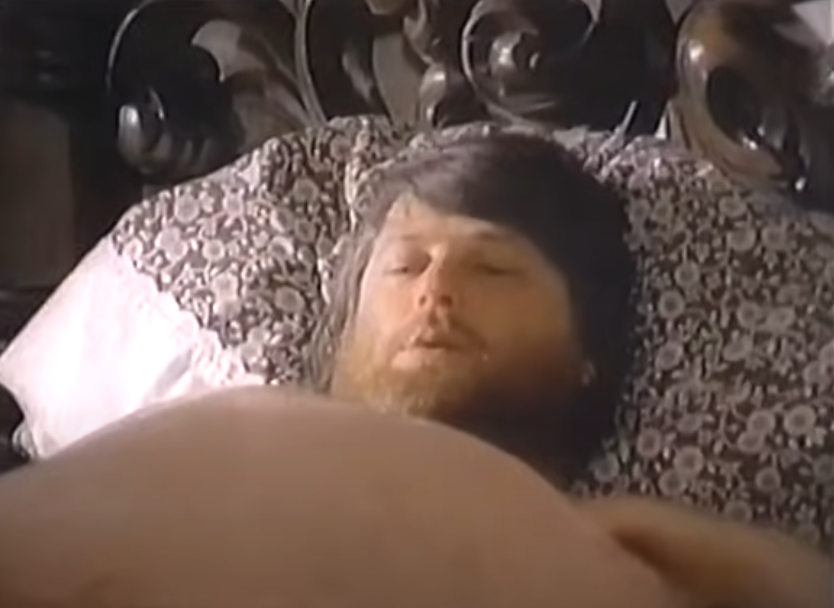 High Ridge Productions, The Beach Boys: An American Band (1985)
High Ridge Productions, The Beach Boys: An American Band (1985)
43. He Denied Everything—Until He Didn’t
Wilson repeatedly defended Landy, brushing off claims that the celebrity psychiatrist was manipulating him. “I’m in charge,” Wilson insisted when pressed on the matter. However, his actions hit a different chord. In 1985, Wilson attempted to escape his demons and end his own life by swimming out to sea. If one of Landy’s aides hadn’t gone out after him, he may well have succeeded.
44. His “Comeback” Was Short-Lived
As his mental state generally improved, Wilson rejoined the Beach Boys and helped them record a self-titled album. However, despite efforts to market the album as Wilson’s triumphant “comeback," fans and critics gave it a lackluster welcome. Seeing the tides turn on the Beach Boys, Wilson distanced himself even further.
Landy was only too happy.
 Ronald Reagan Presidential Library, CC BY 3.0, Wikimedia Commons
Ronald Reagan Presidential Library, CC BY 3.0, Wikimedia Commons
45. He Lost The Spotlight To His Own Band
Landy convinced Wilson to strike out on his own and release a solo album. While Landy’s advice might have been self-motivated, it wasn’t actually bad. Wilson released his eponymous debut solo album to rave reviews from critics and surprising commercial success. However, his old band stole the spotlight.
They released their first-ever Wilson-free song, “Kokomo," around the same time and watched the track soar to #1 on the charts.
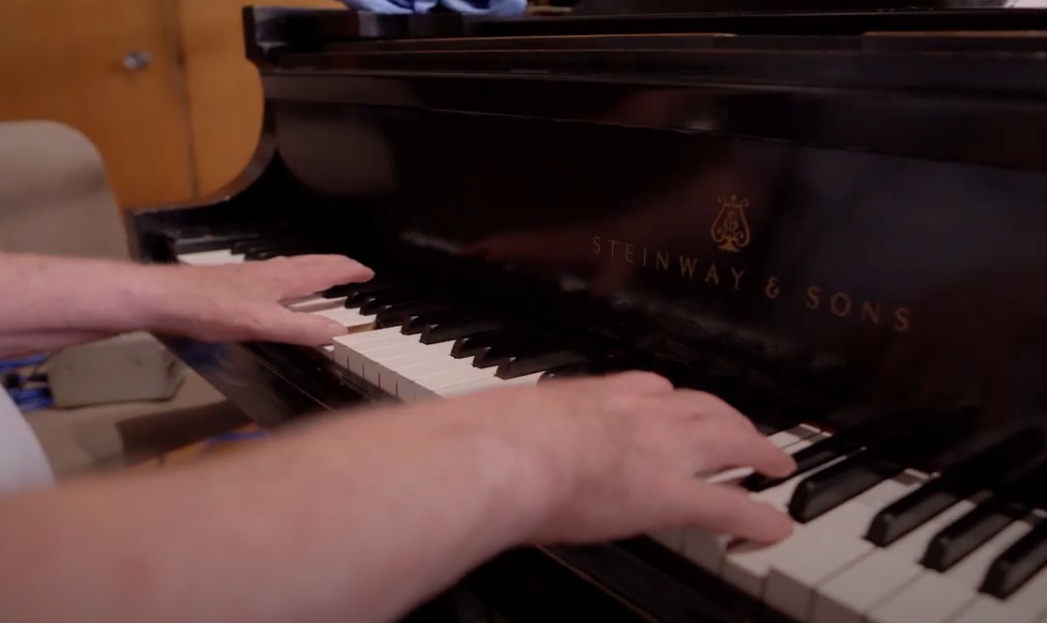 Ley Line Entertainment, Brian Wilson: Long Promised Road (2021)
Ley Line Entertainment, Brian Wilson: Long Promised Road (2021)
46. His Second Solo Album Was Too Weird For The Industry
Determined to outshine his former bandmates, Wilson forged on with his solo career, co-founding Brains and Genius with Landy to release another album. Together, Wilson and Landy produced Sweet Insanity. The title, as it turns out, was quite descriptive. Sire Records spurned the album outright, citing Landy’s bizarre contributions to the lyrics and Wilson’s unexpected rap song.
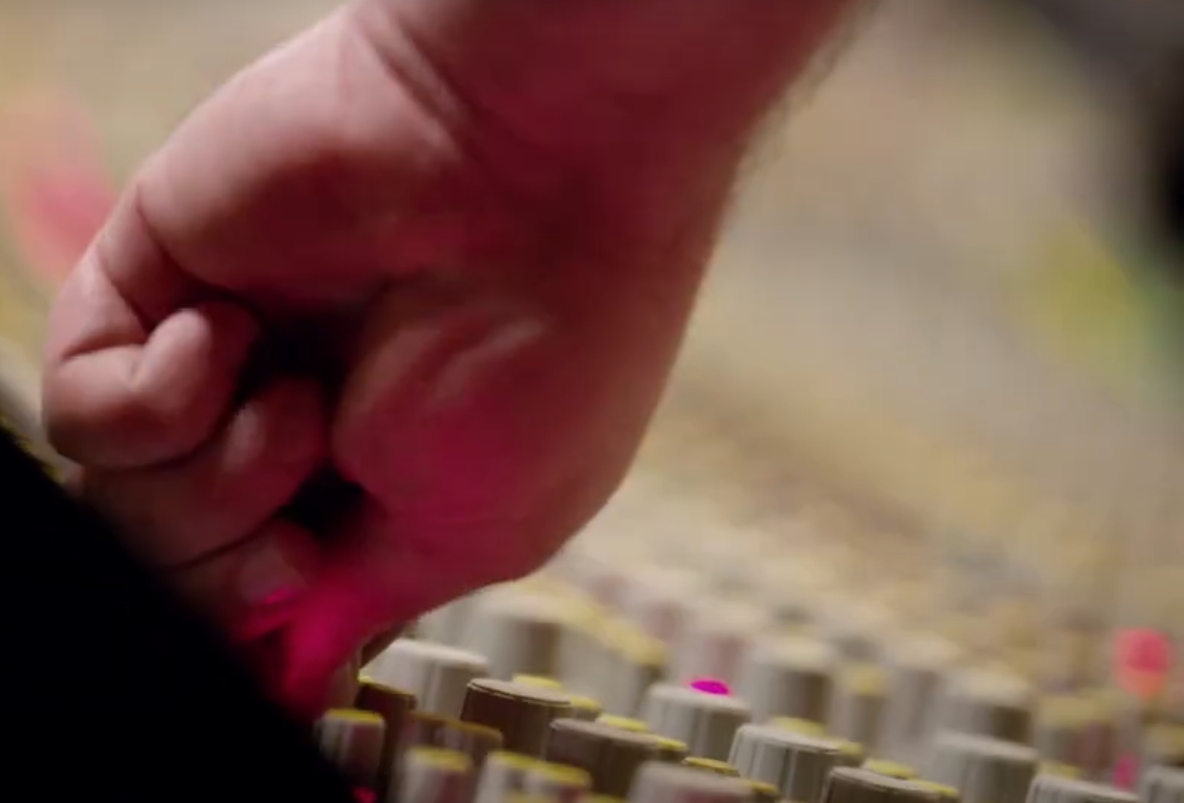 Ley Line Entertainment, Brian Wilson: Long Promised Road (2021)
Ley Line Entertainment, Brian Wilson: Long Promised Road (2021)
47. He Was Frozen Out Of His Own Band
By 1990, Wilson had totally alienated his Beach Boys bandmates. The band scheduled recording sessions at times they knew he wouldn't be available for, ensuring his absence. Meanwhile, he waged a $100 million legal battle to reclaim the publishing rights his father had sold off. He ended up settling the suit for $10 million—then he just about lost it all.
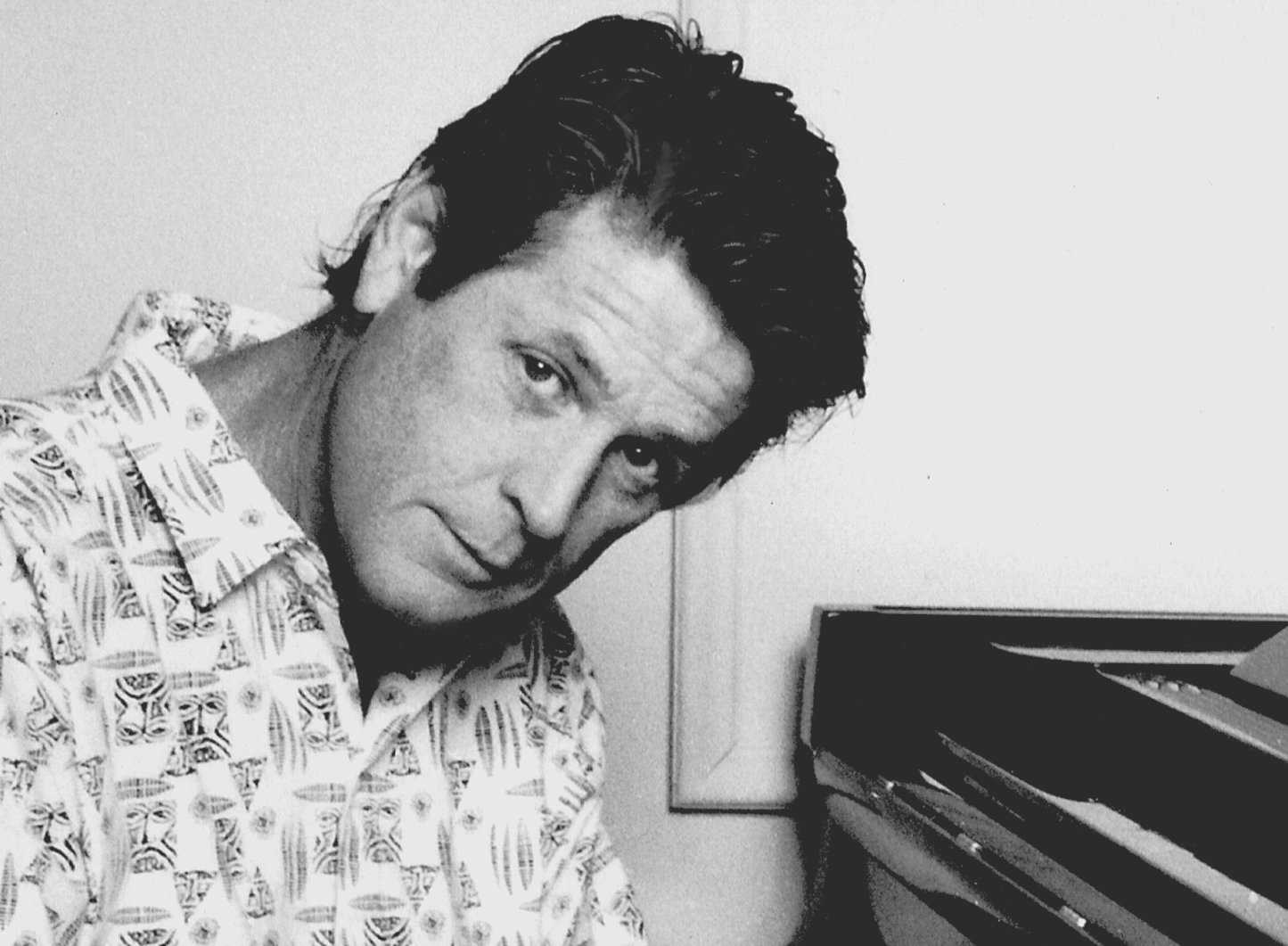 IthakaDarinPappas, CC BY-SA 4.0, Wikimedia Commons
IthakaDarinPappas, CC BY-SA 4.0, Wikimedia Commons
48. His Memoir Was Full Of Lies
In October 1991, Wilson released his memoir, Wouldn’t It Be Nice: My Own Story—except it wasn’t exactly his story. Later investigations revealed that large portions of the book had been lifted from previous biographies. The book also read like a legal defense, rife with pointed jabs at his former bandmates.
Instead of clearing the air, it poured gasoline on an already smoldering feud.
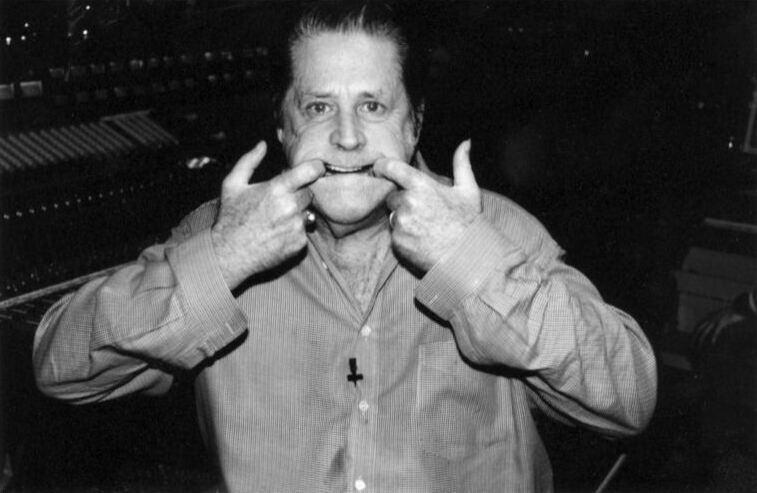 Amy Rod, CC BY 2.0, Wikimedia Commons
Amy Rod, CC BY 2.0, Wikimedia Commons
49. His Own Family Took Him To Court
Wilson’s memoir didn’t just anger his bandmates—it got him sued. Mike Love, Al Jardine, Carl Wilson, and even his own mother, Audree, filed defamation lawsuits for the lies they claimed he spread in his book. But they weren’t necessarily angry at Wilson. His family filed for conservatorship over him, hoping to drive a final wedge between the troubled musician and his controlling therapist.
By the end of the year, they had succeeded in breaking off Wilson’s toxic partnership with Landy. A restraining order soon followed, cutting the psychiatrist out of his life—for good.
 Louise Palanker, CC BY-SA 2.0, Wikimedia Commons
Louise Palanker, CC BY-SA 2.0, Wikimedia Commons
50. He Was Free At Last
The ink on Landy’s restraining order had barely dried before Wilson was back in the studio and, seemingly, back to normal. The very next day, he rekindled his creative partnership with Andy Paley, setting out to record a new Beach Boys album. The sessions lasted for years, yielding a wealth of new material. But the project—like so many before it—never saw the light of day.
 High Ridge Productions, The Beach Boys: An American Band (1985)
High Ridge Productions, The Beach Boys: An American Band (1985)
51. His Solo Comeback Was A Missed Note
By 1997, Wilson had relocated to St Charles, Illinois, to work on another solo project, this time with producer Joe Thomas. The result, Imagination, dropped in June 1998, but the radio-friendly sound alienated his longtime fans who had hoped for a more authentic Wilson experience.
Around the same time, Wilson suffered personal setbacks that threatened to derail his fragile psyche once again.
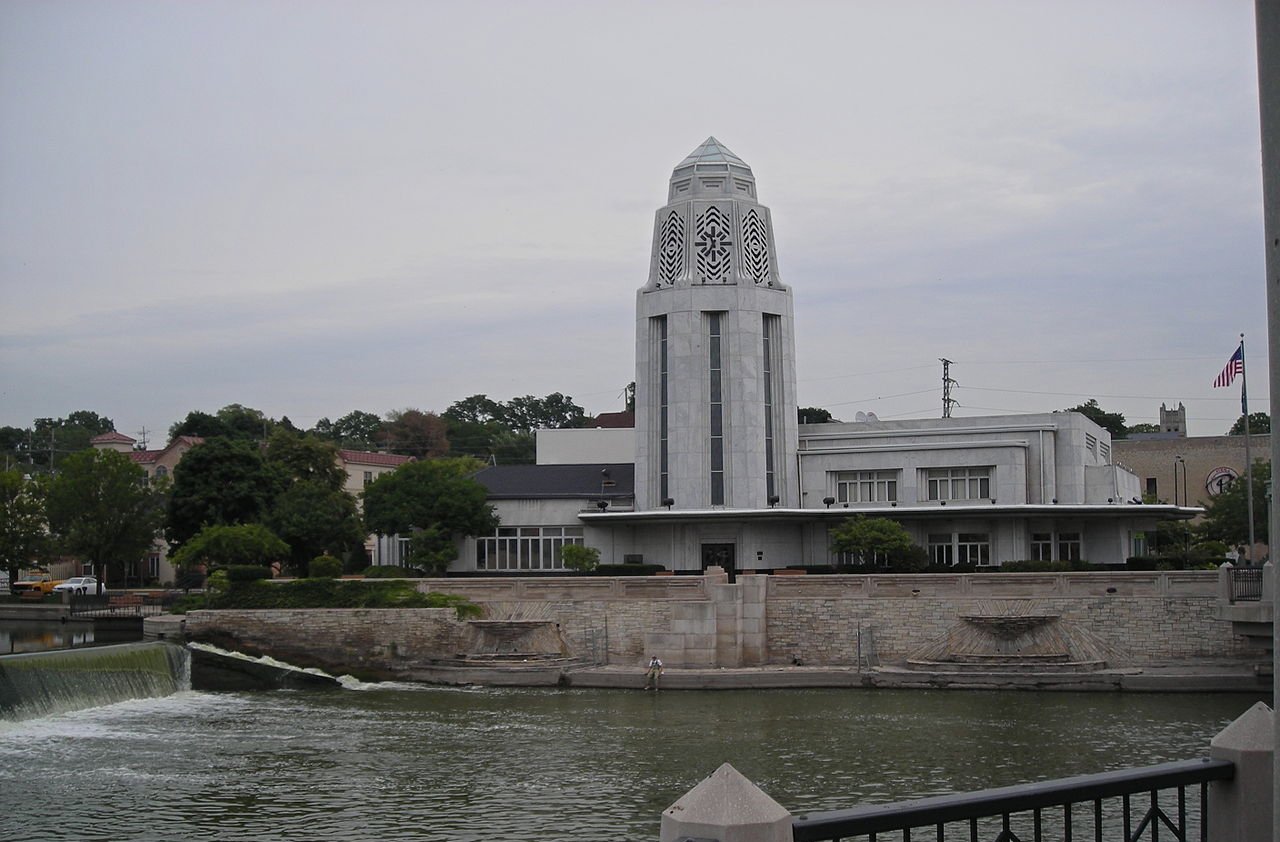 I, G LeTourneau, CC BY-SA 3.0, Wikimedia Commons
I, G LeTourneau, CC BY-SA 3.0, Wikimedia Commons
52. He “Basically Surrendered”
In close succession, Wilson lost the two most protective people in his life: his brother Carl, and his mother, Audree. Without their support, he allegedly fell into the clutches of his second wife, Melinda. Though some credit Melinda for keeping Wilson connected to his music, many speculated that she was manipulating him into producing more music.
Wilson’s daughter even went so far as to call Melinda “Melandy” in reference to his old psychiatrist. Others commented that Wilson was “complacent and basically surrendered”.
 Joe Mabel, CC BY-SA 2.0, Wikimedia Commons
Joe Mabel, CC BY-SA 2.0, Wikimedia Commons
53. He Wasn’t Sure If He Was A Beach Boy Anymore
Mike Love wanted Wilson back with the Beach Boys, even publicly announcing that he supported a Beach Boys reunion. However, Love leaned into the idea that an unnamed figure in Wilson’s inner circle was keeping him away from his old bandmates. In reality, however, that person was Wilson himself. When asked if he still identified as a Beach Boy, Wilson hesitated.
“No,” he admitted, and then added, “Maybe a little bit”.
 Kingkongphoto, CC BY-SA 2.0, Wikimedia Commons
Kingkongphoto, CC BY-SA 2.0, Wikimedia Commons
54. He Went Solo—For Real This Time
By the late 1990s, Wilson had just about severed all ties with the Beach Boys and set out on his first solo tour, taking his musical genius all the way to Japan. The once-reluctant performer had clearly transformed. “I feel much more comfortable. I have a good band behind me,” Wilson said, before delivering a pointed jab—"It’s a much better band than the Beach Boys were”.
But he hadn’t beached the boys quite yet.
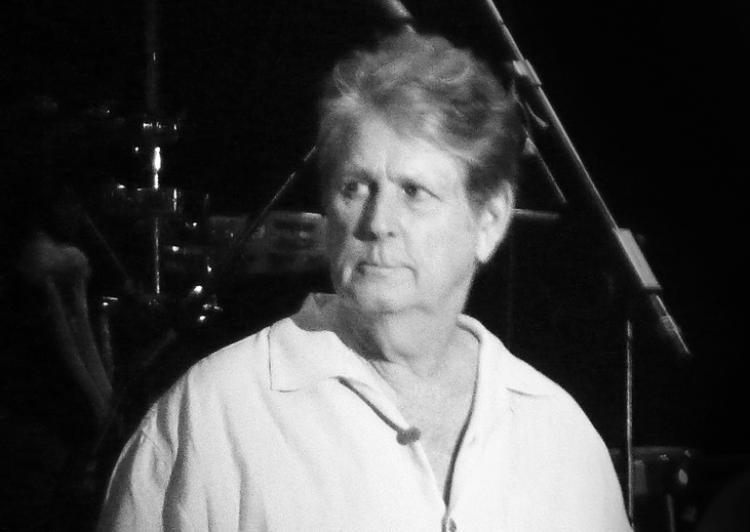 wonker, CC BY 2.0, Wikimedia Commons
wonker, CC BY 2.0, Wikimedia Commons
55. He Had Something To Smile About
In a stunning, yet satisfying twist for Beach Boys fans, Wilson agreed to tour Pet Sounds and some songs from Smile. After decades of build-up, Brian Wilson Presents Smile premiered in 2004 at London’s Royal Festival Hall. The response was overwhelming. Bolstered by the acclaim, Wilson set out to complete a studio version of the legendary lost album.
When he finally held the finished CD in his hands, he clutched it to his chest and reportedly said, “I’m going to hold this dear to my heart".
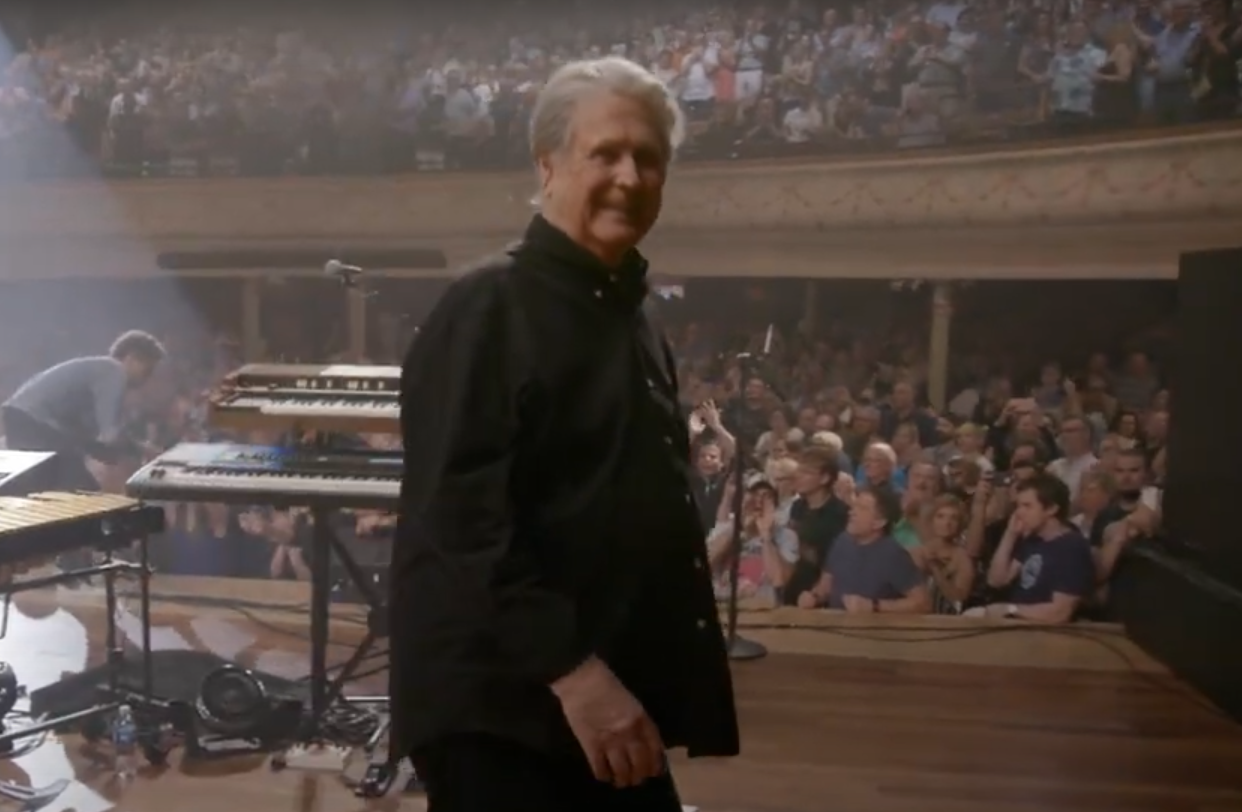 Ley Line Entertainment, Brian Wilson: Long Promised Road (2021)
Ley Line Entertainment, Brian Wilson: Long Promised Road (2021)
56. He Really Didn’t Enjoy Performing—Or Did He?
As Wilson continued touring, he insisted that he loved performing—but not everyone was convinced. They looked for tell-tale signs that someone else was pulling his strings. Author Jon Stebbins, for example, drew troubling parallels between Wilson’s handlers at the time and his old psychiatrist, Eugene Landy.
In one interview, in a candid moment, Wilson admitted he didn’t enjoy performing. Then, as if on cue, his handler immediately chimed in with a forced grin, telling Wilson that he did, in fact, enjoy performing.
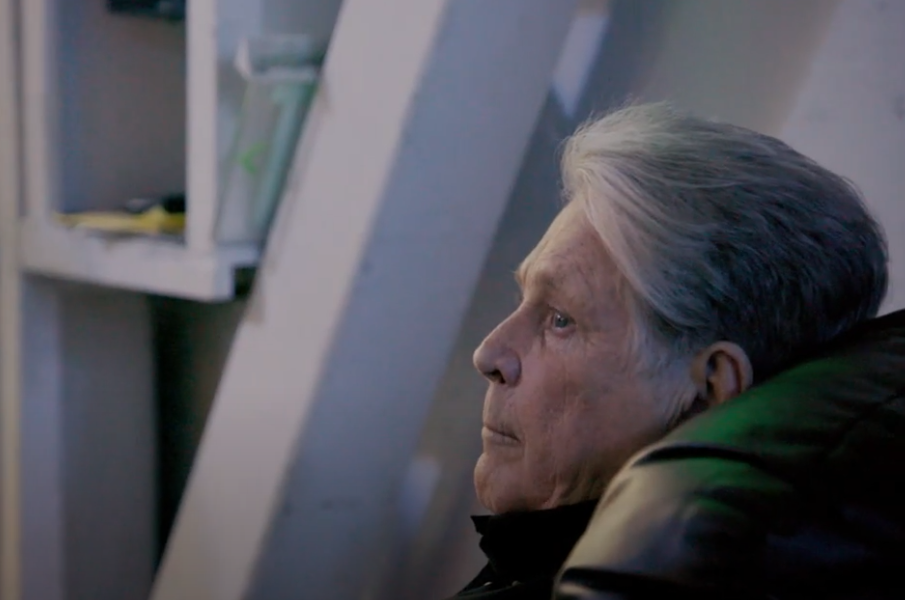 Ley Line Entertainment, Brian Wilson: Long Promised Road (2021)
Ley Line Entertainment, Brian Wilson: Long Promised Road (2021)
57. He Reunited With The Beach Boys—For A Price
In 2011, Wilson secretly reconnected with his former bandmates to re-record "Do It Again," fueling reunion rumors among the Beach Boys’ most ardent fans. When asked about returning to the Beach Boys, however, Wilson was blunt: “I don’t really like working with the guys,” he confessed, “but it all depends on how we feel and how much money's involved".
Apparently, a lot of money was involved. He joined the band on tour, leading to the release of That’s Why God Made the Radio in June 2012.
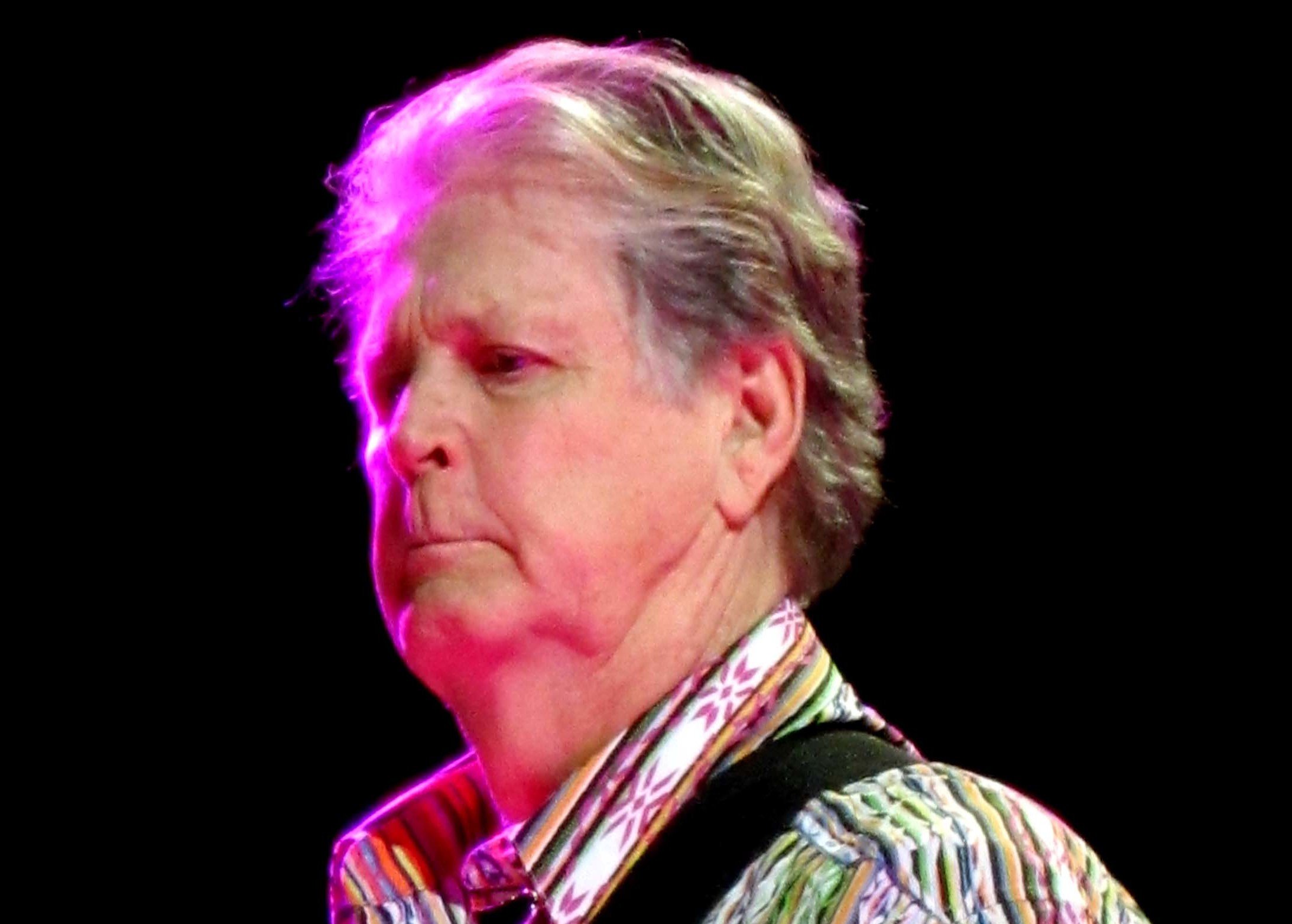 J-Ham2000, CC BY-SA 4.0, Wikimedia Commons
J-Ham2000, CC BY-SA 4.0, Wikimedia Commons
58. He Didn’t Care About The Formula
In 2015, Wilson released No Pier Pressure, another collaboration with Joe Thomas. However, even though the album features guest appearances from his Beach Boys bandmates, many of his fans decried the duets album as a cash grab. Wilson, never one to hold back, fired back in a Facebook post: "In my life in music, I've been told too many times not to [mess] with the formula, but as an artist it's my job to do that".
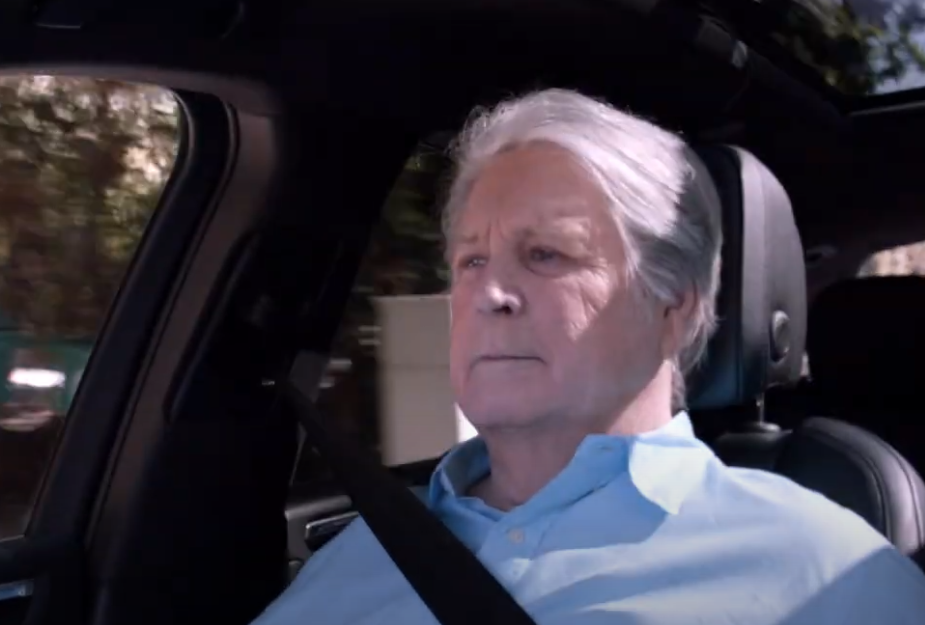 Ley Line Entertainment, Brian Wilson: Long Promised Road (2021)
Ley Line Entertainment, Brian Wilson: Long Promised Road (2021)
59. He Sparked Retirement Rumors
Despite the backlash, No Pier Pressure cracked the US Top 30. Even so, critics were split. Some praised its polished production, while others slammed it for relying too heavily on autotune and adult contemporary gloss. Meanwhile, others whispered that the album was an indicator it was time for Wilson to retire.
 Ian Cochrane, CC BY 2.0, Wikimedia Commons
Ian Cochrane, CC BY 2.0, Wikimedia Commons
60. He Was Approaching The End
Wilson’s longtime collaborator, Darian Sahanaja, added fuel to the retirement fire talks. He admitted that, in their years together, he had repeatedly thought Wilson might throw in the proverbial towel and leave music behind. “Each of the past five years I thought to myself, ‘Well, this is probably going to be it,’” Sahanaja said. Something had to change.
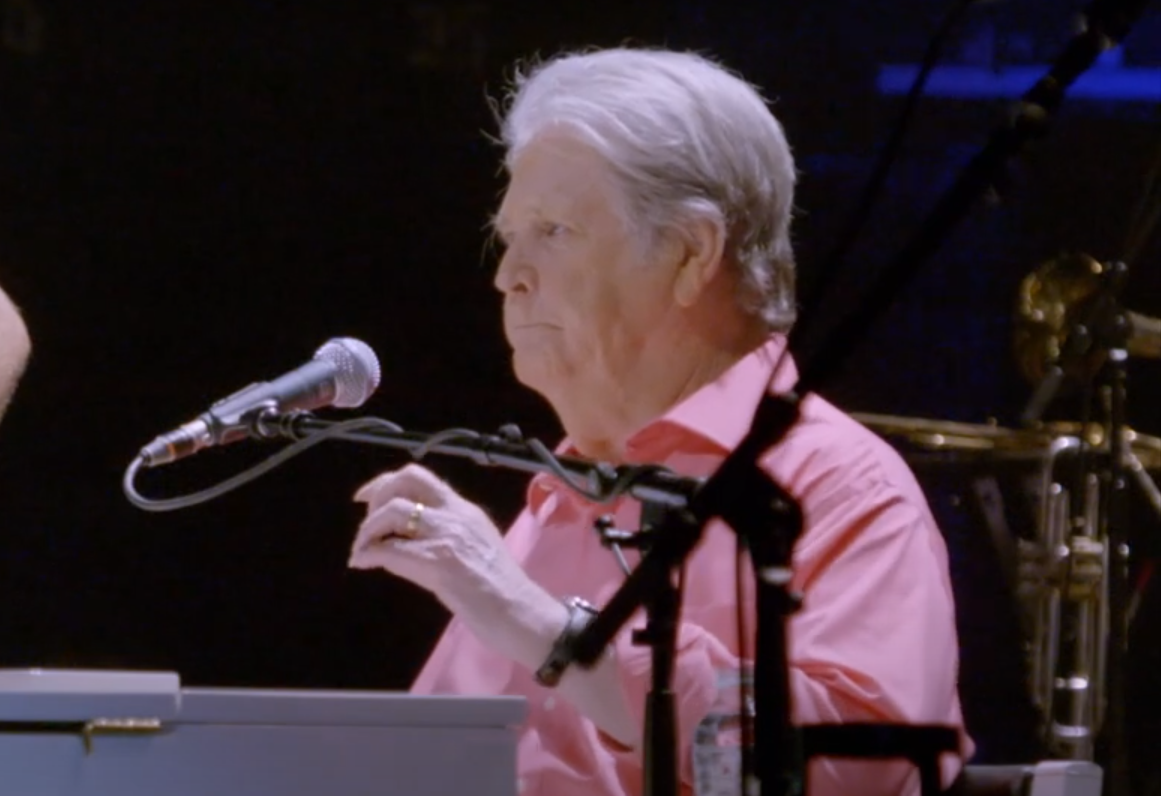 Ley Line Entertainment, Brian Wilson: Long Promised Road (2021)
Ley Line Entertainment, Brian Wilson: Long Promised Road (2021)
61. His Loneliness Became Impossible To Ignore
In the 2021 documentary Brian Wilson: Long Promised Road, Wilson made a heartbreaking confession: “I haven’t had a friend to talk to in three years”. His struggles were worsening. In 2019, his declining mental health forced him to postpone tour dates, and his social media posts hinted at Wilson's internal strife.
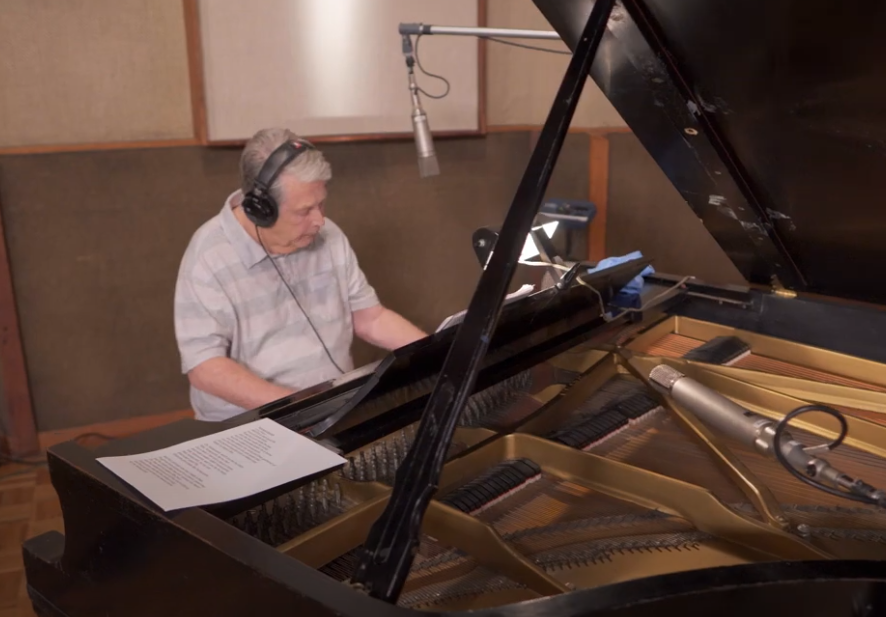 Ley Line Entertainment, Brian Wilson: Long Promised Road (2021)
Ley Line Entertainment, Brian Wilson: Long Promised Road (2021)
62. His Body Began To Betray Him
Years of wear and tear took their toll. After undergoing two back surgeries, Wilson was left reliant on a walker. His final performance came on July 26, 2022, at Pine Knob Music Theatre in Michigan during his tour alongside Chicago.
Reportedly, those who attended the show described him as “rigid and expressionless," as if he were watching the world from a distance, detached from the music that had once consumed him.
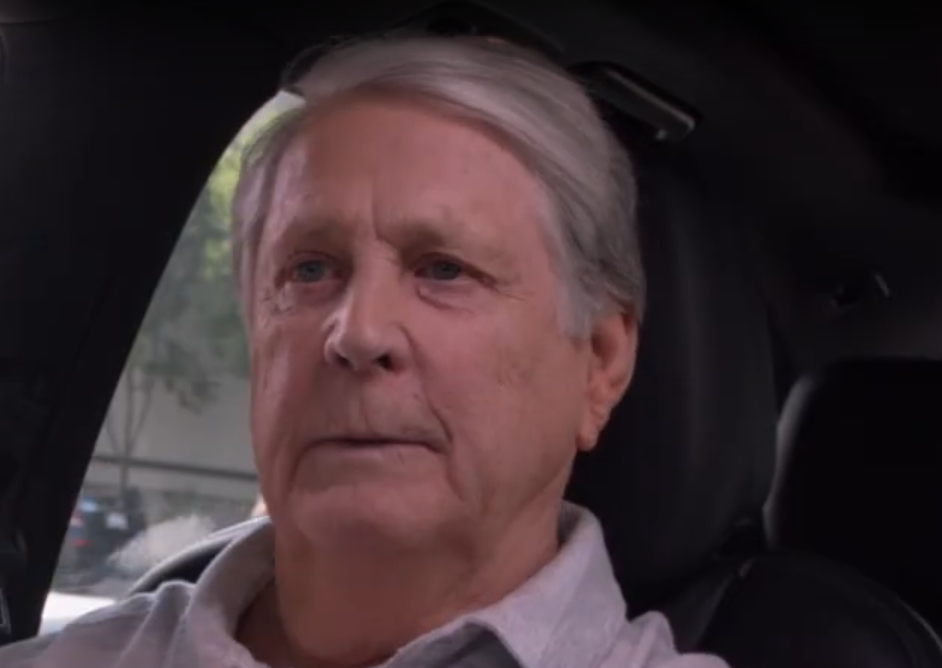 Ley Line Entertainment, Brian Wilson: Long Promised Road (2021)
Ley Line Entertainment, Brian Wilson: Long Promised Road (2021)
63. He Did, Finally, Actually Lose His Mind
On January 30, 2024, Wilson lost his wife and strongest advocate, Melinda Ledbetter. She had been his rock for nearly three decades, pulling him out of Landy’s grip and helping him reclaim his independence. Without her, Wilson was adrift. Then, the following month, the public learned the heartbreaking truth: Wilson had been diagnosed with dementia.
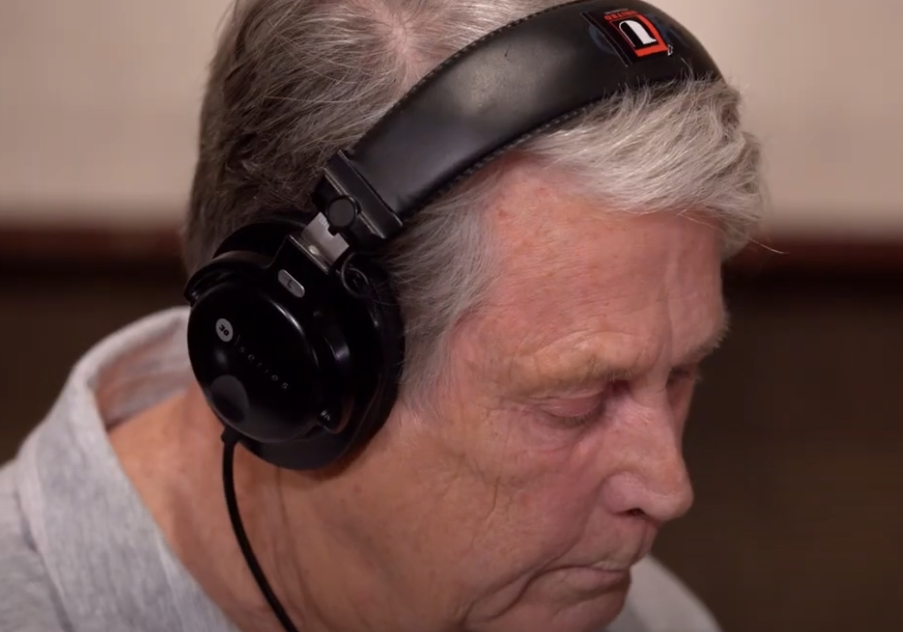 Ley Line Entertainment, Brian Wilson: Long Promised Road (2021)
Ley Line Entertainment, Brian Wilson: Long Promised Road (2021)
64. He Spent A Lifetime Battling His Own Genius
For Wilson, the real battle has never been with record labels, bandmates, or bad contracts—it was with himself. Since 1965, he had lived with schizoaffective disorder and mild bipolar disorder, tormented by distressing auditory hallucinations. The voices whispered, taunted, and sometimes even inspired him, shaping the music that defined his legacy. He called them his “heroes and villains”.
Through all the chaos of his career, that’s exactly what he became—often a hero, but tragically, at times, his own worst enemy.
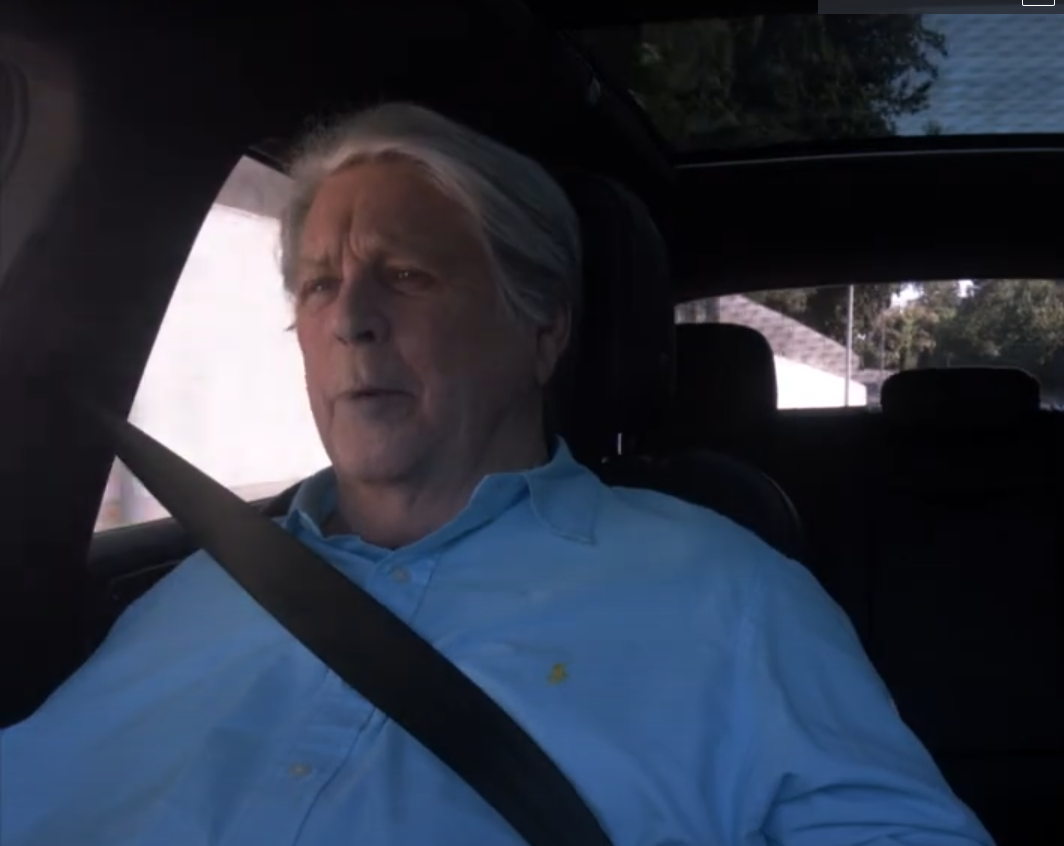 Ley Line Entertainment, Brian Wilson: Long Promised Road (2021)
Ley Line Entertainment, Brian Wilson: Long Promised Road (2021)
65. The World Lost A Musical Visionary
In the end, Wilson survived for less than 18 months after losing his beloved wife Patricia Ledbetter. On June 11, 2025, Wilson's family announced on Instagram that one of music's greatest geniuses had passed on at the age of 82. In the message, they included a heartbreaking send-off, using the phrase "Love & Mercy"—AKA, Wilson's breakout single from his first solo album.
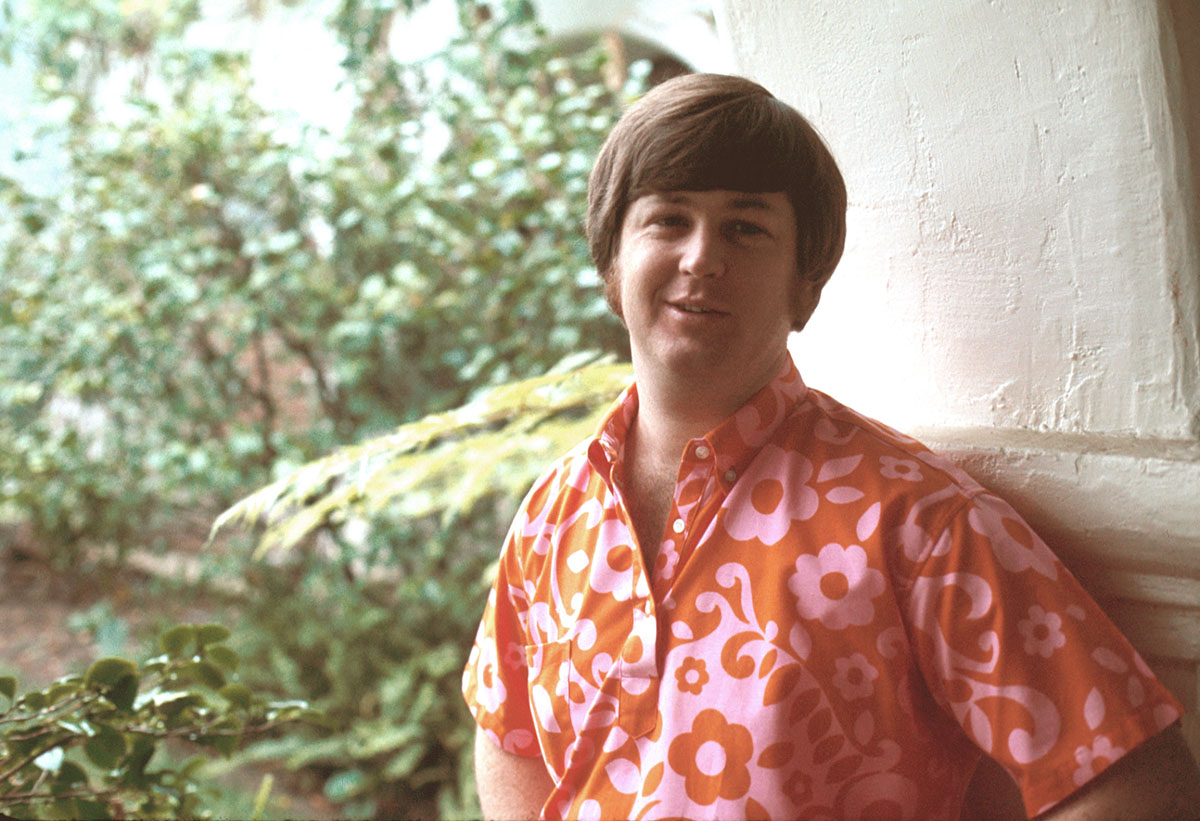 Michael Ochs Archives/Getty Images
Michael Ochs Archives/Getty Images
You May Also Like:
Never A Dull Moment In The Life Of Joan Baez
The Betrayal That Nearly Broke Led Zeppelin


